PROJECTS
ADRA's Technical Expertise
LIST OF DEVELOPMENT PROJECTS
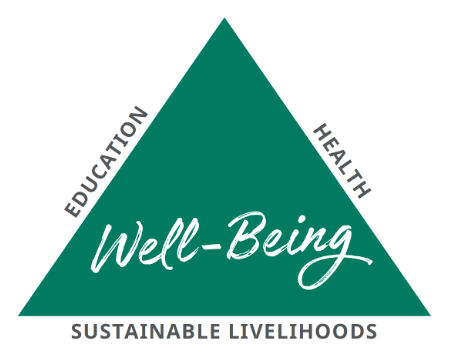 ADRA acts as a catalyst for change by inspiring, engaging and empowering people to strive together for the greater good. In doing so, ADRA embodies values that are grounded in human dignity and respect for peoples’ innate capabilities, expressed through ADRA’s commitment to well-being as its core development objective, taking a holistic approach to programs, humanitarian response, and advocacy. For ADRA, ‘holistic’ refers to spiritual, social, and physical dimensions, addressing the multi-faceted causes of poverty, and to the emergency relief—reform dimension of our work.
ADRA acts as a catalyst for change by inspiring, engaging and empowering people to strive together for the greater good. In doing so, ADRA embodies values that are grounded in human dignity and respect for peoples’ innate capabilities, expressed through ADRA’s commitment to well-being as its core development objective, taking a holistic approach to programs, humanitarian response, and advocacy. For ADRA, ‘holistic’ refers to spiritual, social, and physical dimensions, addressing the multi-faceted causes of poverty, and to the emergency relief—reform dimension of our work.
ADRA exists to enable people to live life to the full, physically, socially, and spiritually. We associate this fullness with the concept of well-being, which remains ADRA’s long-term, over-arching aim. In its most tangible forms individual well-being derives from access and opportunities in relation to three key areas: Education, Health and Sustainable Livelihoods. They shape what is described as ADRA’s Well-being Triangle.
ADRA’s intended program outcomes focus on connecting the ‘edges of the Well-being Triangle’ through 1) holistic programming and thematic advocacy; 2) linking education with livelihoods in vocational education programs; and 3) linking nutrition and agriculture in maternal and child health.
ADRA aims to address equitable development for women, girls, and minorities, whilst aiming to ensure protection for the most vulnerable.
Sustainable livelihoods also link social well-being with the environment, an emerging part of ADRA’s programming. The threat that natural and manmade disasters bring to well-being is a focus of ADRA’s humanitarian work, but also crosses over into the development sphere in the form of disaster risk reduction, resilience, and climate change adaptation.
Beyond these tangible aspects, ADRA seeks in the way it works to promote well-being at a deeper level. ADRA believes that a life lived to the full is marked by an active concern for others. A life lived to the full is one where our abundance – to whatever extent that may be – of health, knowledge, resources, relationships, and spirituality, is exercised through generosity towards others.
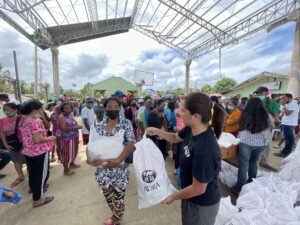
With over 30 years of emergency management experience, ADRA provides a range of response interventions within complex and simple emergency scenarios across the Philippines. ADRA’s National Emergency Management Plan, anchored in the core humanitarian standards, ensures appropriate life-saving interventions. ADRA will deliver food and non-food items, including a cash modality when appropriate, through a rights-based approach to affected communities. ADRA’s strong partnership with the Adventist Church facilitates an immediate local response across all regions through assessments, coordination, logistics, and humanitarian aid delivery. Trained emergency response personnel in-country and globally through the ADRA Network provide surge capacity when appropriate.
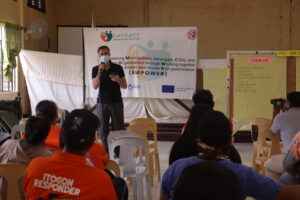
ADRA’s disaster risk reduction (DRR) program focuses on reducing risk and building resilience to future disasters, saving lives, and contributing to the sustainable development goals. Partnering with communities, ADRA seeks to protect the most vulnerable and create platforms for strengthening disaster resilience through community-managed DRR, advocacy, disaster and climate risk governance, and inclusive child-centered DRR in schools & community settings. ADRA integrates climate change adaptation, mitigation, and DRR throughout its development programming in health, livelihood, and education. The agency works with local government units to provide technical support for improving local climate plans and contingency and DRR plans.
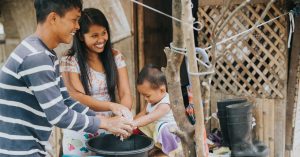 ADRA takes a comprehensive approach that focuses on Maternal and Child Health, Nutrition, WASH, and Sexual and Reproductive Health and Rights. Indispensable to our life-saving humanitarian work is our commitment to address health inequalities, gender social norms, and other pre-existing vulnerabilities that affect health and nutritional outcomes. We recognize the significant impact of crises among women, girls and boys, children and adolescents, and persons with disabilities, specifically in marginalized communities. We work to improve access to quality healthcare, increase consumption of nutritious and sustainably produced foods, and gender-equitable access to sanitary and dignified WASH (water, sanitation, hygiene) services.
ADRA takes a comprehensive approach that focuses on Maternal and Child Health, Nutrition, WASH, and Sexual and Reproductive Health and Rights. Indispensable to our life-saving humanitarian work is our commitment to address health inequalities, gender social norms, and other pre-existing vulnerabilities that affect health and nutritional outcomes. We recognize the significant impact of crises among women, girls and boys, children and adolescents, and persons with disabilities, specifically in marginalized communities. We work to improve access to quality healthcare, increase consumption of nutritious and sustainably produced foods, and gender-equitable access to sanitary and dignified WASH (water, sanitation, hygiene) services.
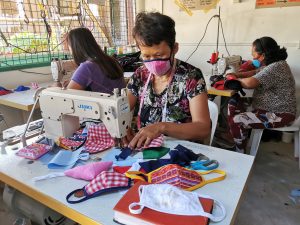 ADRA actively promotes economic self-reliance and enhanced business capacity of farmers, fisherfolk, women entrepreneurs, and local traders through access to financial capital, training, and increased resilience to natural and human-made hazards. By linking local communities to regional and national markets, and developing organizational capacity, groups can better interact with government agencies and financial service entities. ADRA uses innovation and adaptive strategies to create economic opportunities and resilient livelihoods.
ADRA actively promotes economic self-reliance and enhanced business capacity of farmers, fisherfolk, women entrepreneurs, and local traders through access to financial capital, training, and increased resilience to natural and human-made hazards. By linking local communities to regional and national markets, and developing organizational capacity, groups can better interact with government agencies and financial service entities. ADRA uses innovation and adaptive strategies to create economic opportunities and resilient livelihoods.
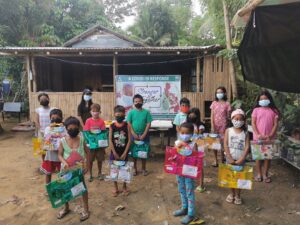 ADRA believes that education can change everything for a child and is a critical tool for fulfilling their God-given potential. Education helps safeguard against violence, abuse, exploitation and reduces vulnerability to natural disasters. With the second largest private education system in the world, the Adventist Church enhances ADRA’s capacity to influence positive change in children’s lives. ADRA works with families to provide practical support for keeping children in school and promoting these children’s psychosocial wellbeing.
ADRA believes that education can change everything for a child and is a critical tool for fulfilling their God-given potential. Education helps safeguard against violence, abuse, exploitation and reduces vulnerability to natural disasters. With the second largest private education system in the world, the Adventist Church enhances ADRA’s capacity to influence positive change in children’s lives. ADRA works with families to provide practical support for keeping children in school and promoting these children’s psychosocial wellbeing.
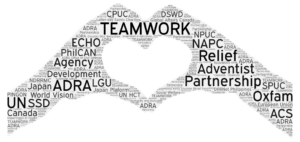 ADRA Philippines is part of the Seventh-day Adventist Church that has close to 1 million members in the Philippines, allowing us to respond across the country through the church-based volunteers from the Adventist Community Services (ACS). ADRA has also partnered with several development agencies, government executive departments, educational and research institutions to develop and deliver development programs to communities throughout the country. We view collaboration with partners such as the Agriculture, Health, DRR, and Social Welfare and Development departments of the Local Government Unit, Oxfam, World Vision, Humanity and Inclusion, and local community based-organizations as a cost-effective and time-saving means for implementing projects, sharing lessons, and combining technical experience and expertise for maximum project impact. In 2021, the agency was the convener of the Philippine International Non-governmental Organizations Network and part of the United Nations Humanitarian Country Team, as well as the Association of Foundations and the Area-Based Standards Network of DSWD. It is also an active member and contributor to other networks including the Philippine Coalition for Advocacy of Nutrition Security (PhilCAN), the National Anti- Poverty Commission (NAPC) and the Disaster Risk Reduction Network Philippines (DRRNet Philippines).
ADRA Philippines is part of the Seventh-day Adventist Church that has close to 1 million members in the Philippines, allowing us to respond across the country through the church-based volunteers from the Adventist Community Services (ACS). ADRA has also partnered with several development agencies, government executive departments, educational and research institutions to develop and deliver development programs to communities throughout the country. We view collaboration with partners such as the Agriculture, Health, DRR, and Social Welfare and Development departments of the Local Government Unit, Oxfam, World Vision, Humanity and Inclusion, and local community based-organizations as a cost-effective and time-saving means for implementing projects, sharing lessons, and combining technical experience and expertise for maximum project impact. In 2021, the agency was the convener of the Philippine International Non-governmental Organizations Network and part of the United Nations Humanitarian Country Team, as well as the Association of Foundations and the Area-Based Standards Network of DSWD. It is also an active member and contributor to other networks including the Philippine Coalition for Advocacy of Nutrition Security (PhilCAN), the National Anti- Poverty Commission (NAPC) and the Disaster Risk Reduction Network Philippines (DRRNet Philippines).
CURRENT PROJECTS
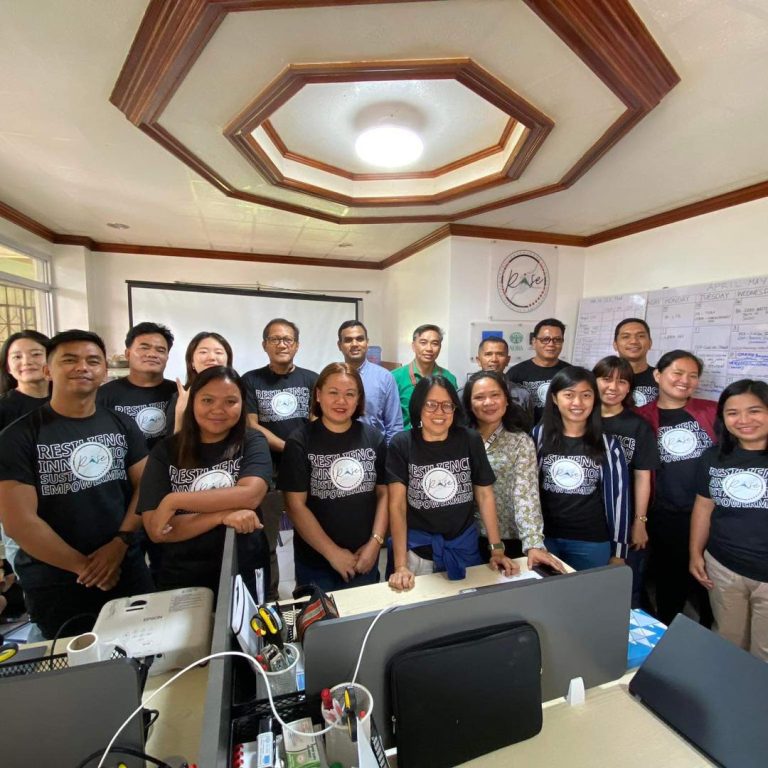
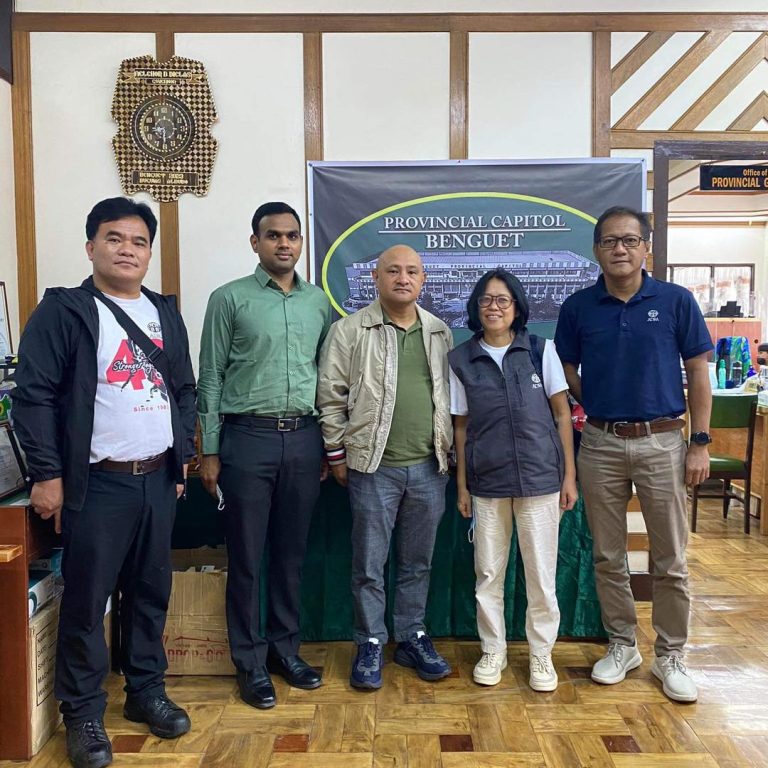
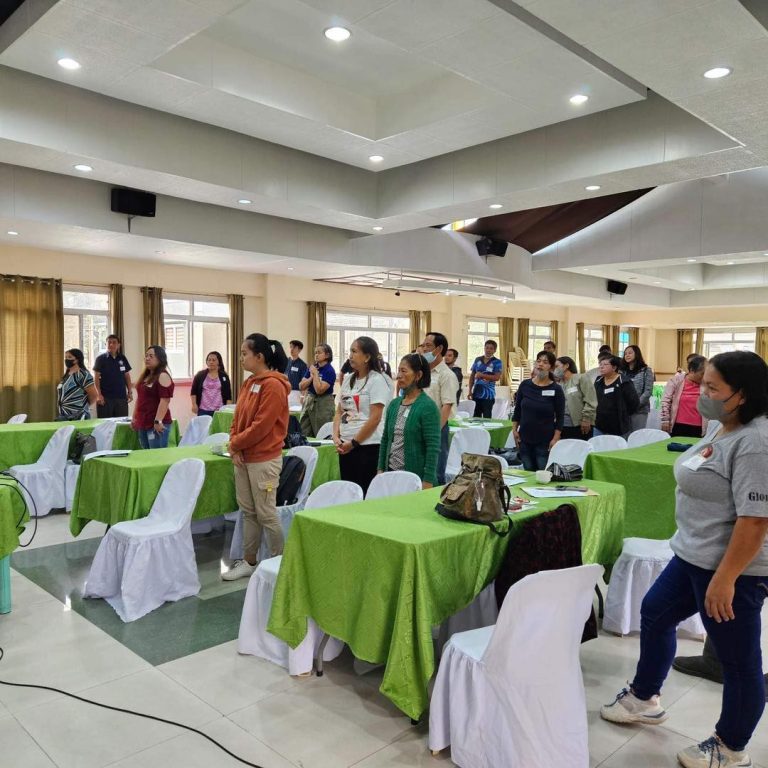
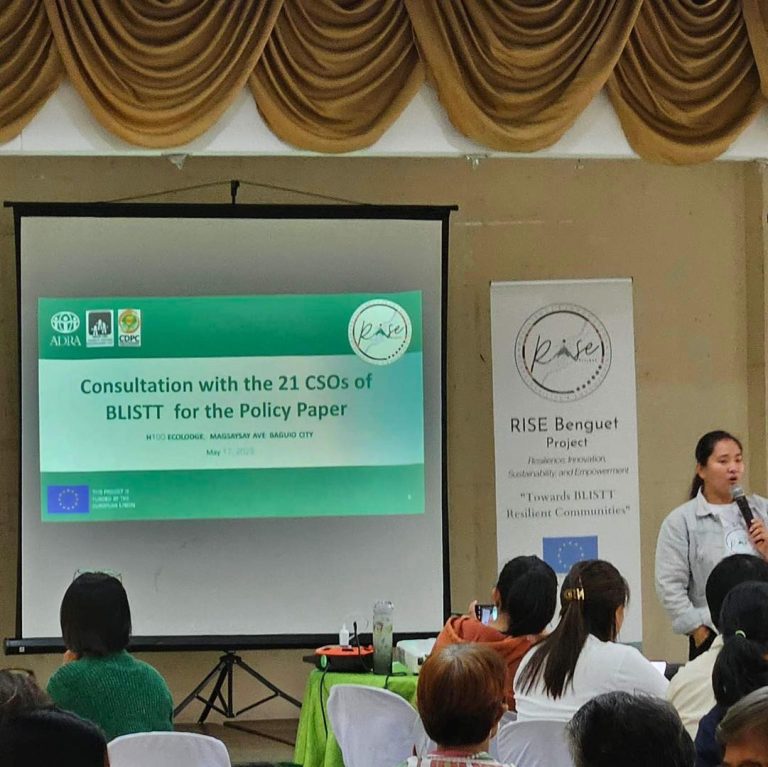
RISE - BENGUET PROJECT(2023-present)
The RISE – BENGUET Project is a 3-year Disaster Risk Reduction Project. The project aims to reinforce and strengthen the resiliency and preparedness of communities to mitigate the effects of natural hazards and disasters in the BLISTT(Baguio City, La Trinidad, Itogon, Sablan, Tublay, and Tuba) area. This Project is funded by the European Union.
BASELINE STUDY(2023-present)
A 9- Month Baseline Study on Municipal Waste Open Burning Practices.
ADRA Philippines Baseline Study project in the Municipal of Itogon aims to help inform the local municipality on the prevalence and incidence of open waste burning and its health effects, to develop localized information and education campaigns, to utilise the evidence-based data for policy advocacy at the level of the barangay (village), municipality, at the BLISTT area and use data for communities and their governments to democratically engage with each other.
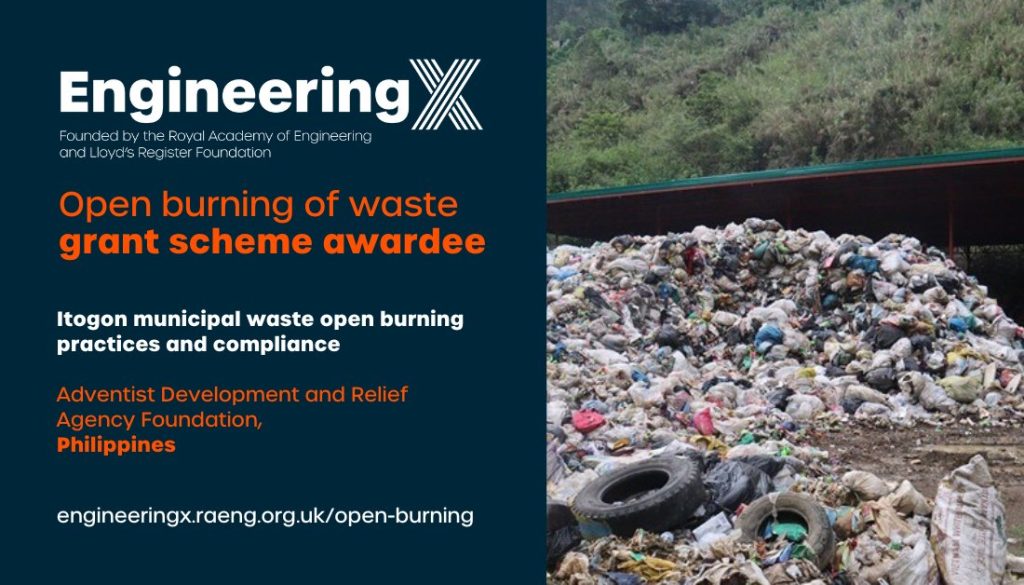
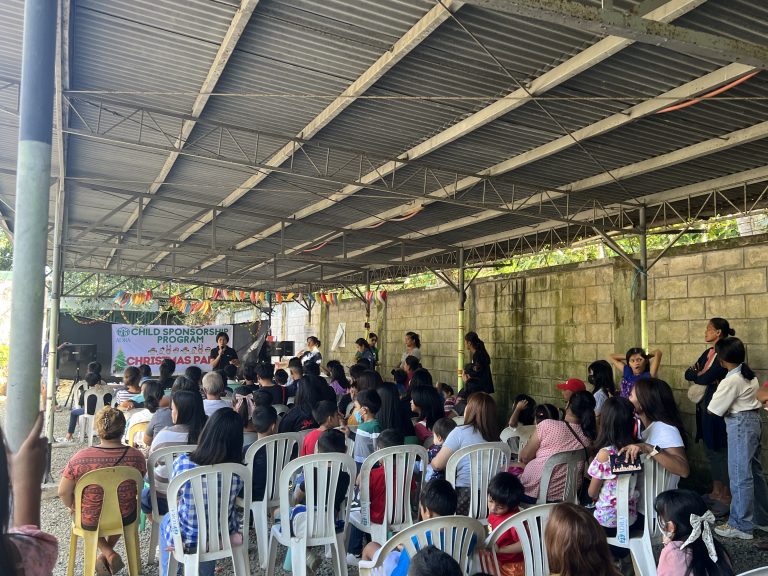
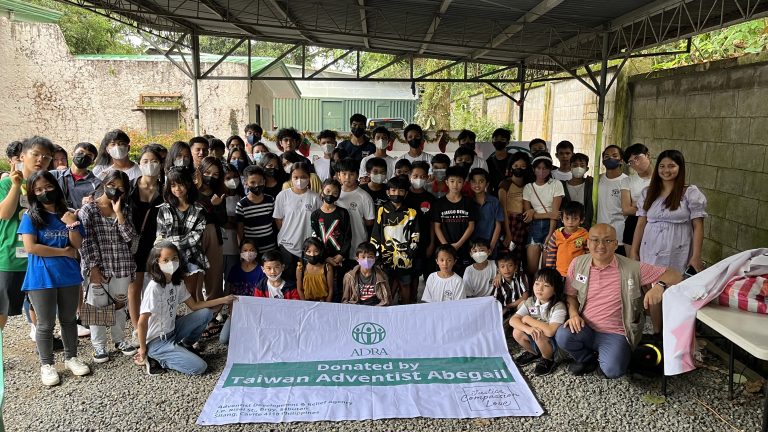
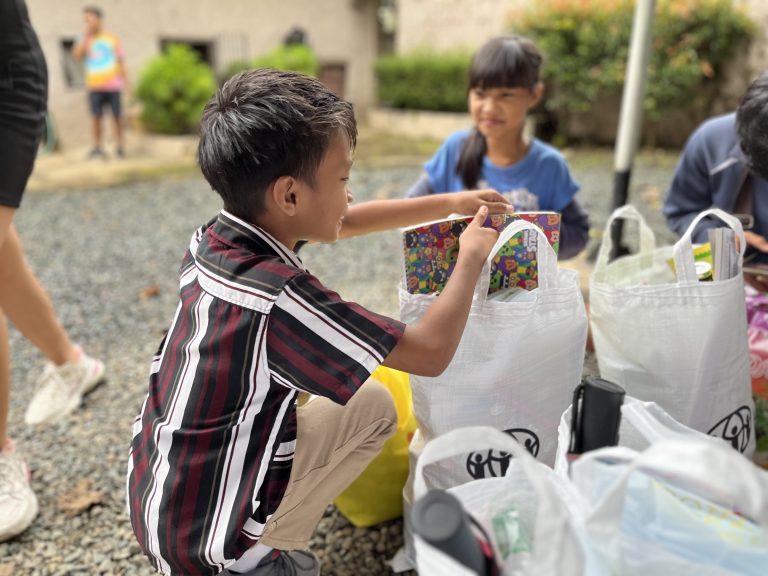
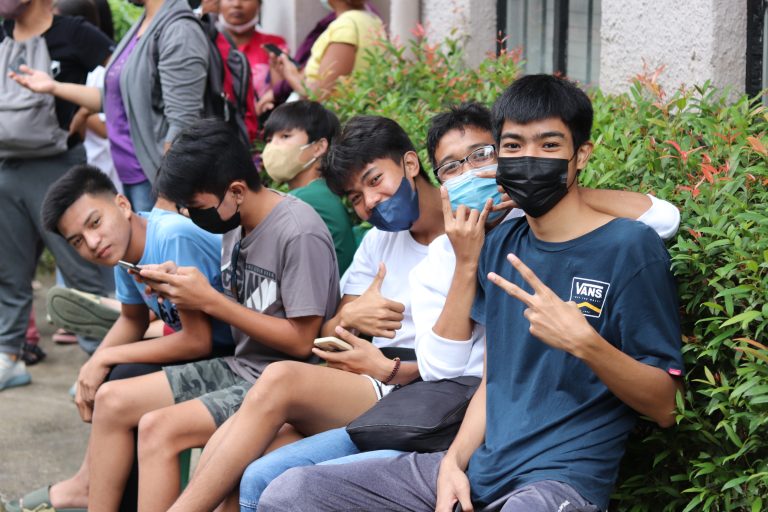
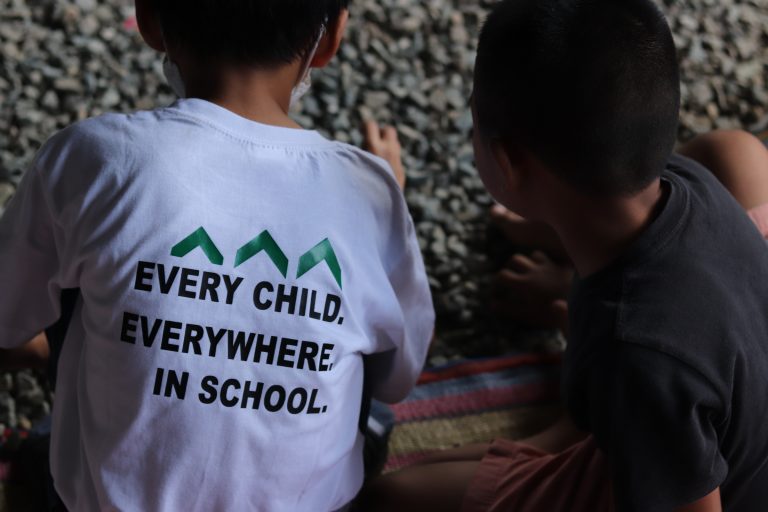
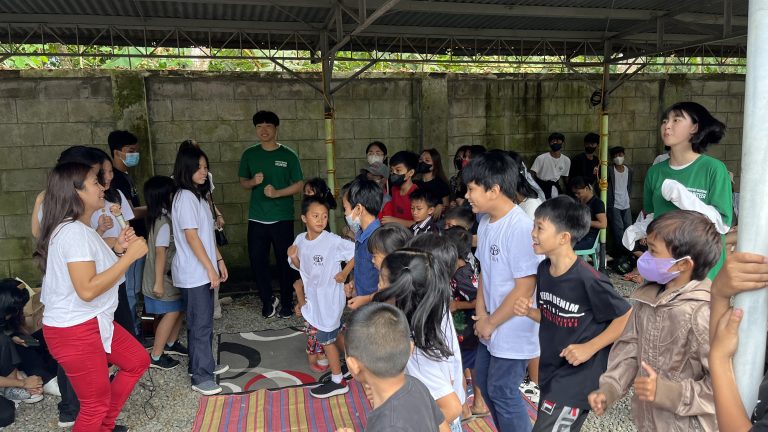
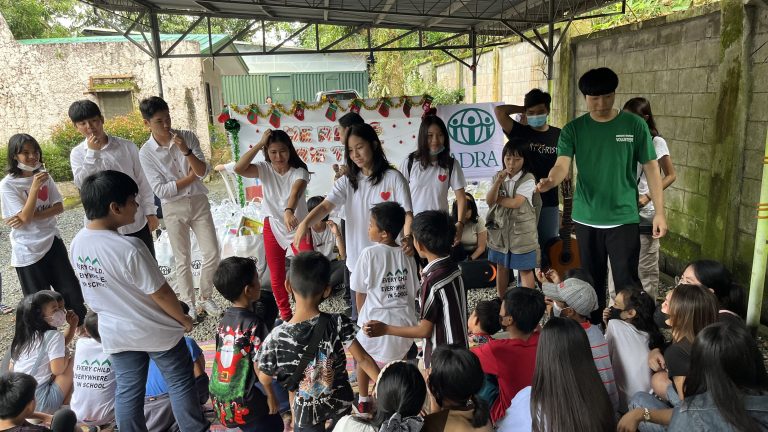
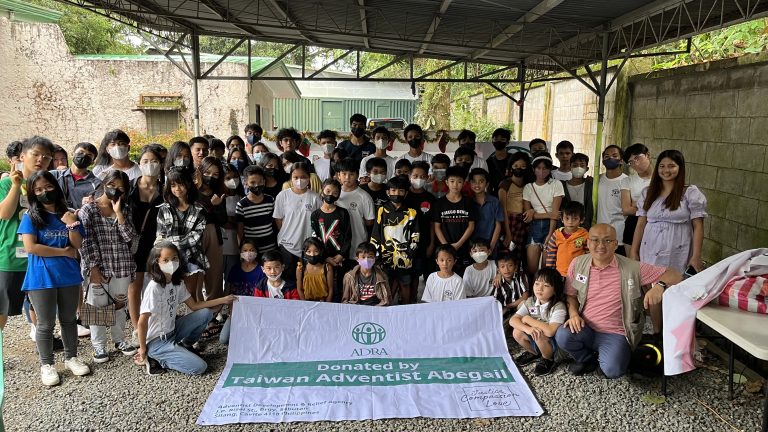
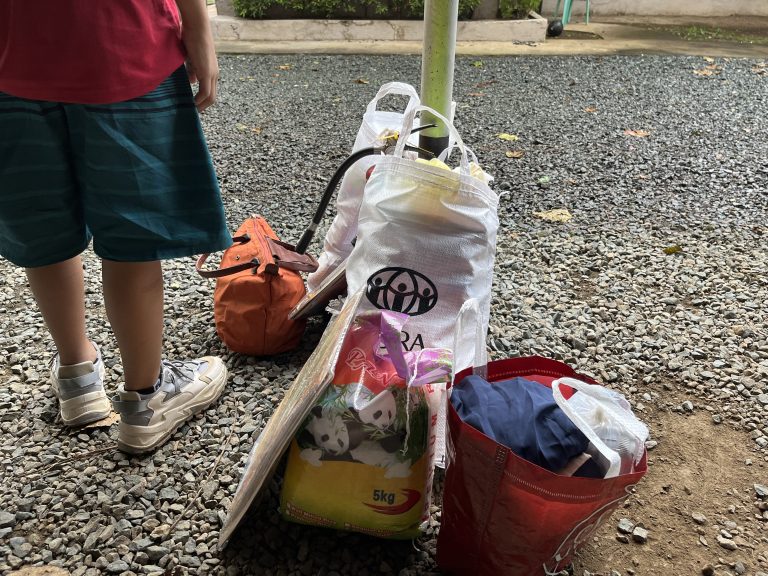
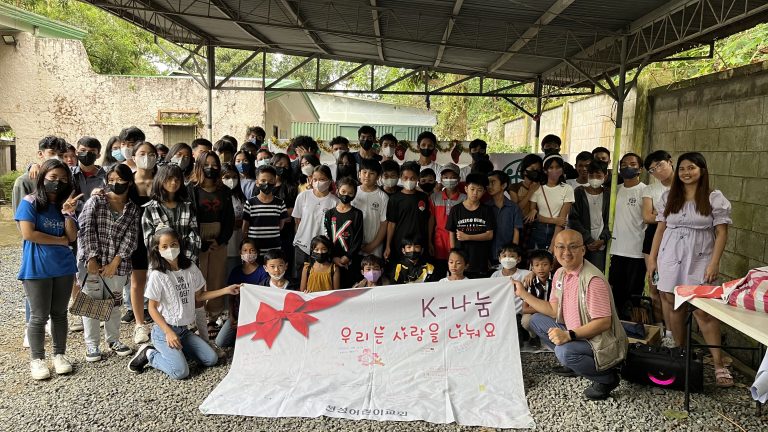
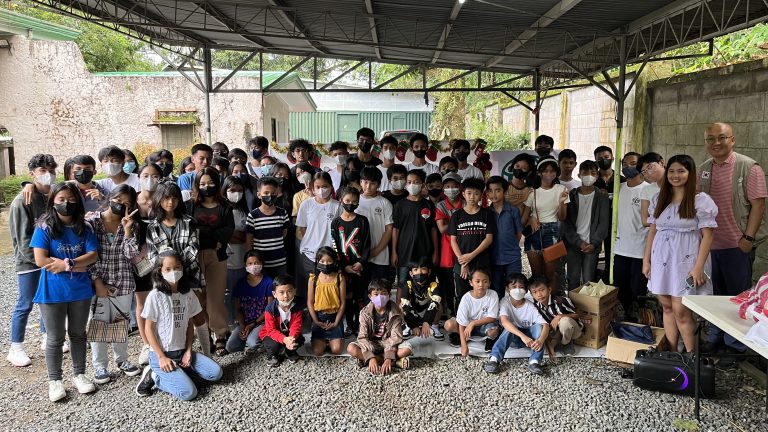
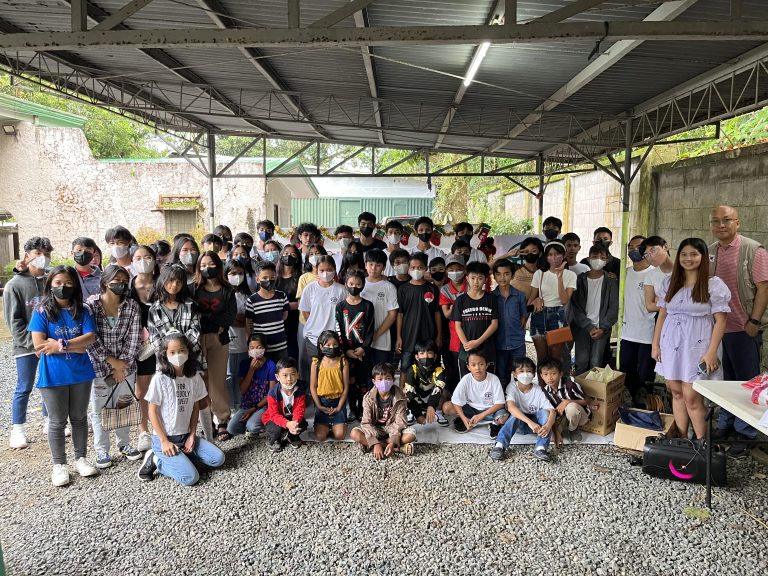
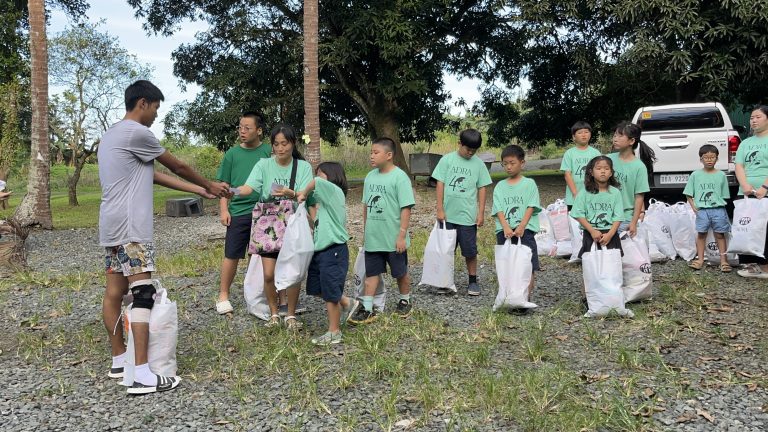
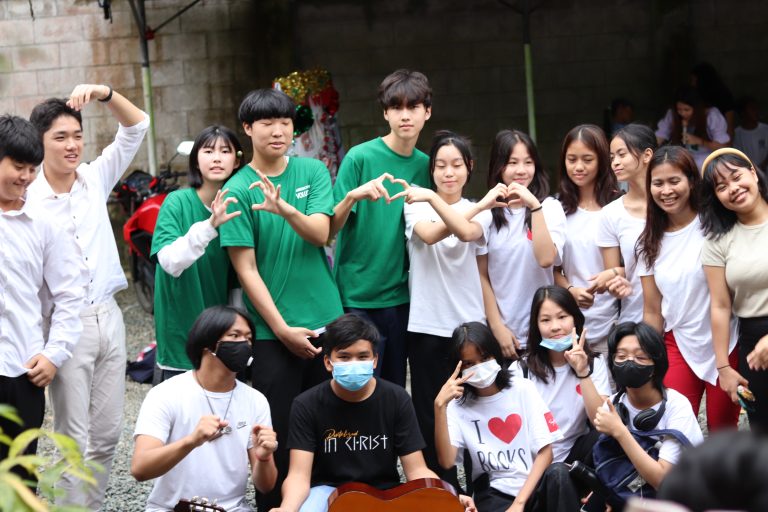
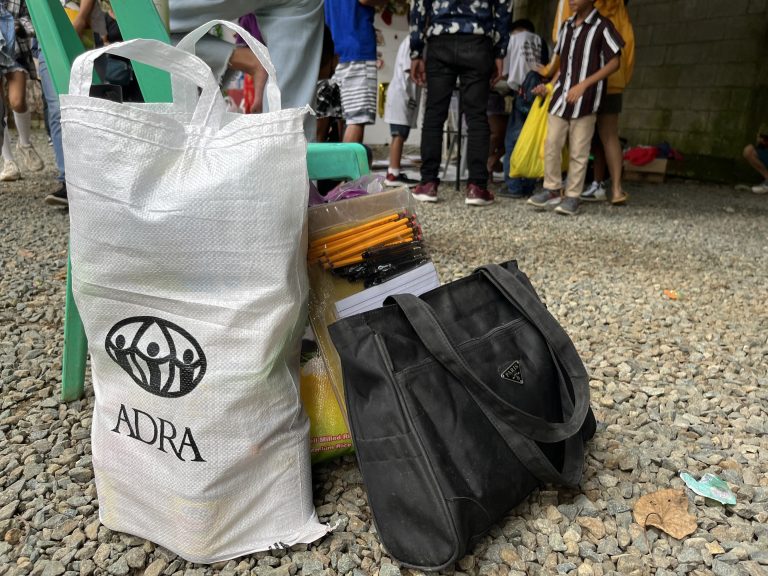
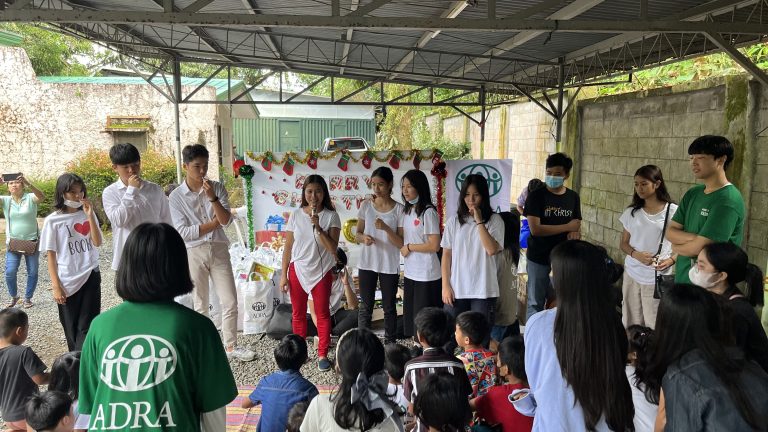
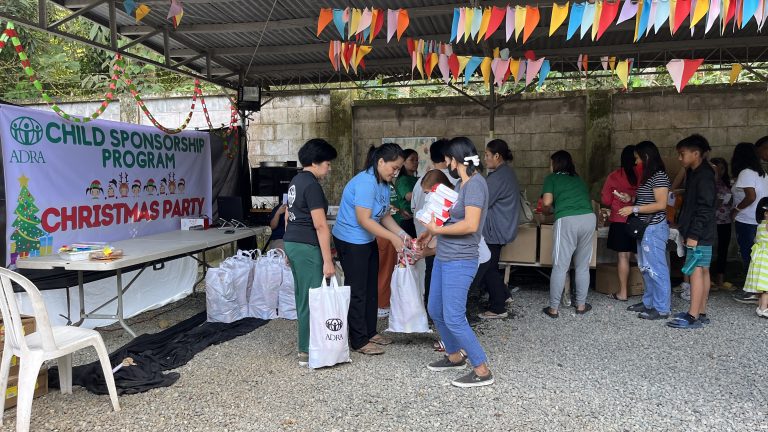
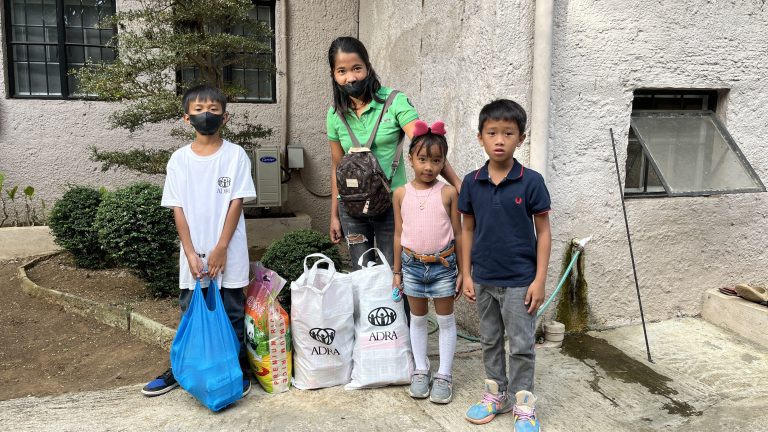
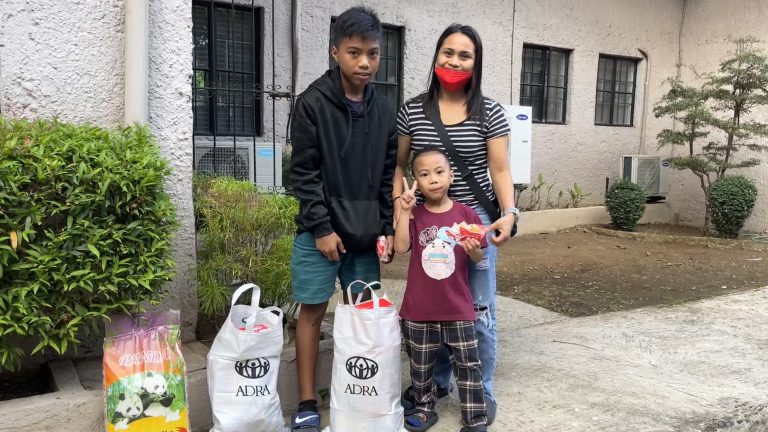
CHILD SPONSORSHIP PROGRAM (2019-present)
On-going Education project in Silang, Cavite to provide 65 children with resources to continue their education. ADRA Korea funded project.
TOGETHER PROJECT (2021-present)
The Project TOGETHER is a 5-year gender equality development project funded by Global Affairs Canada and is being implemented in the province of Camarines Sur, targeting the municipalities of Buhi, Caramoan, Garchitorena, Ocampo, and Siruma.
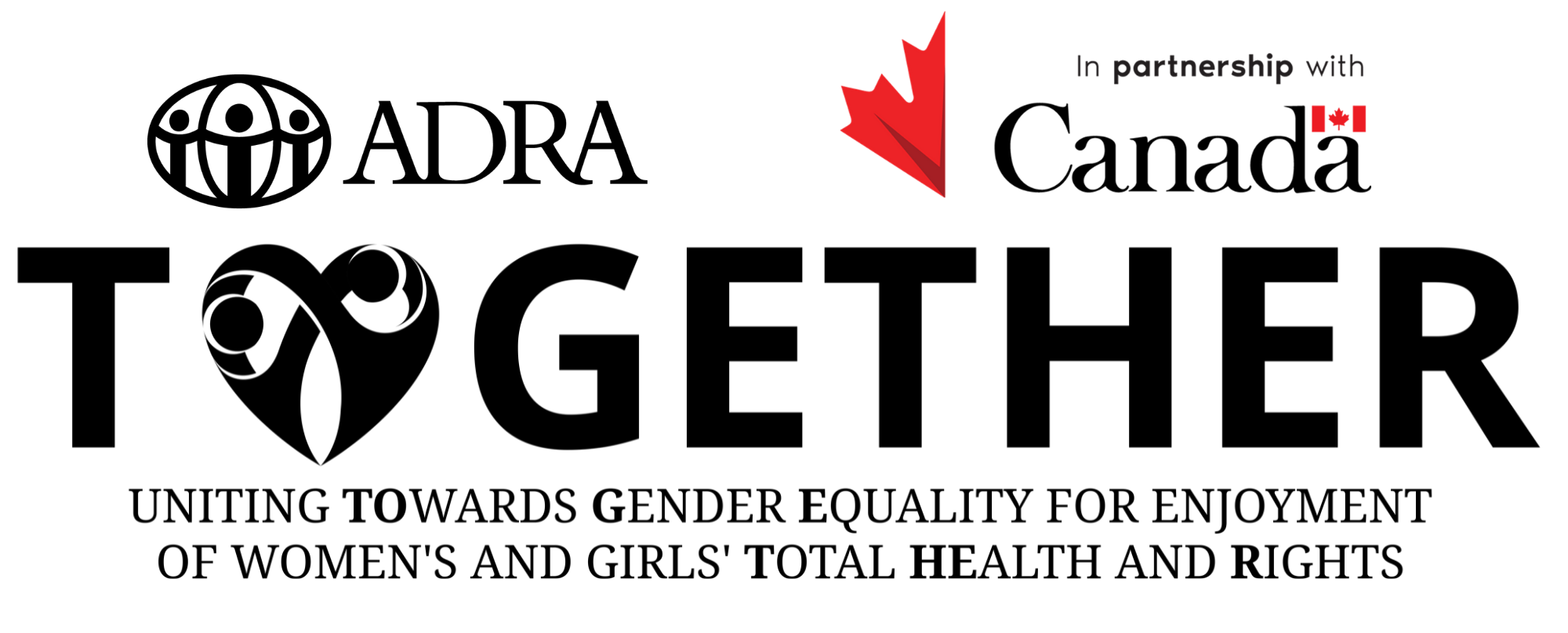
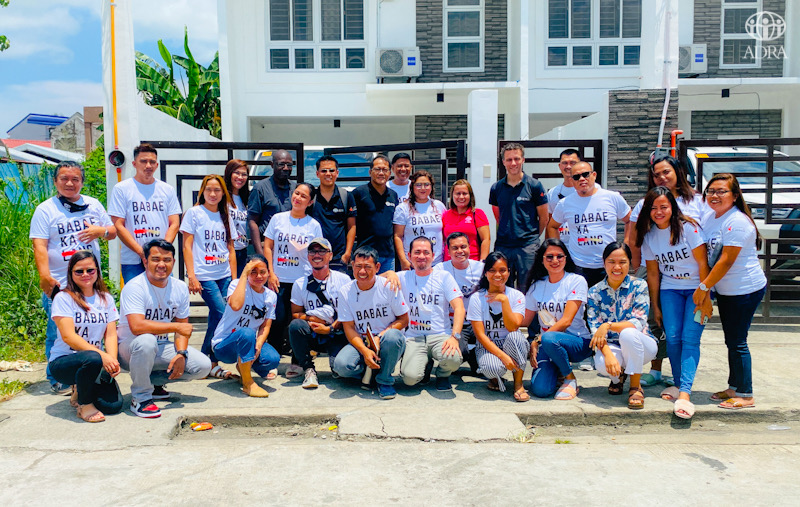
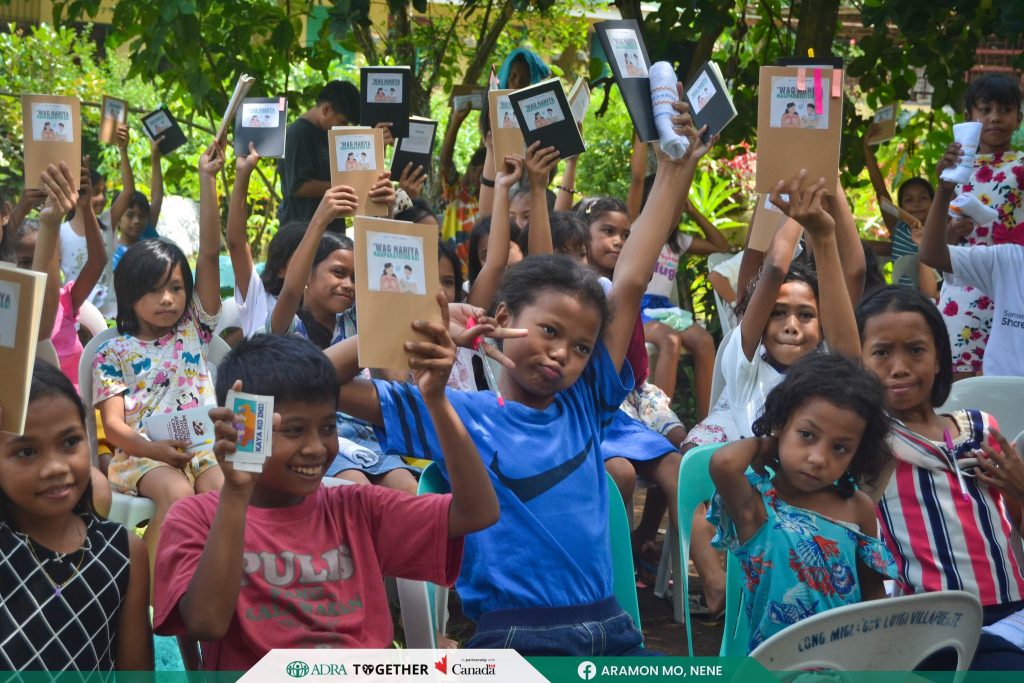
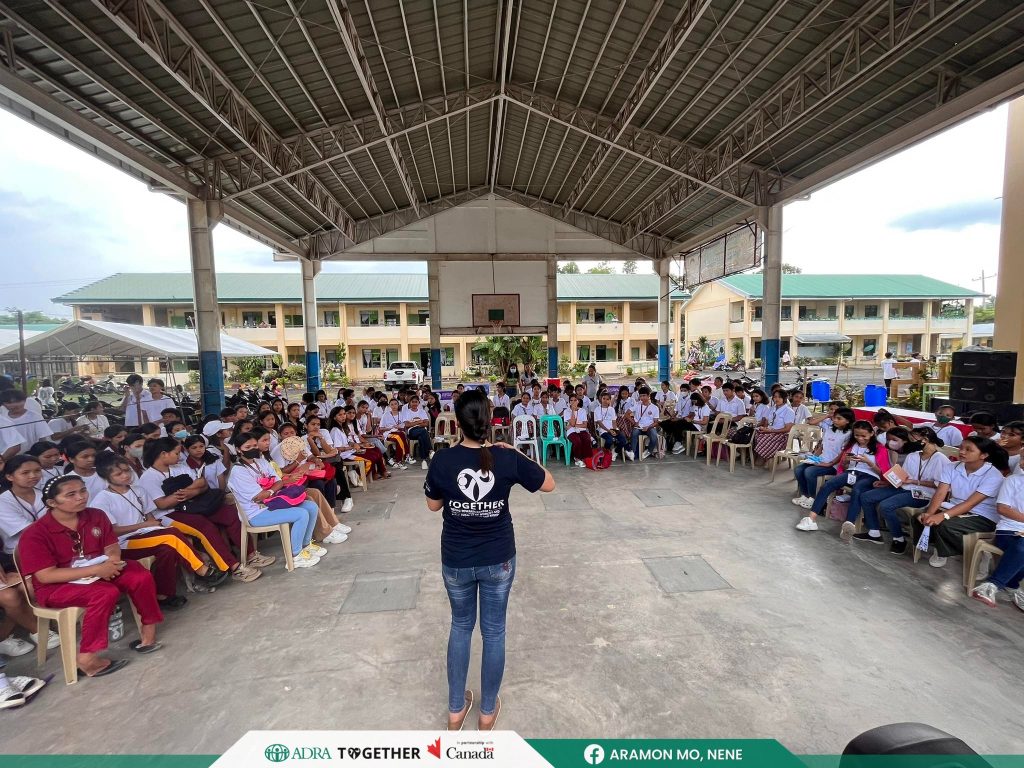
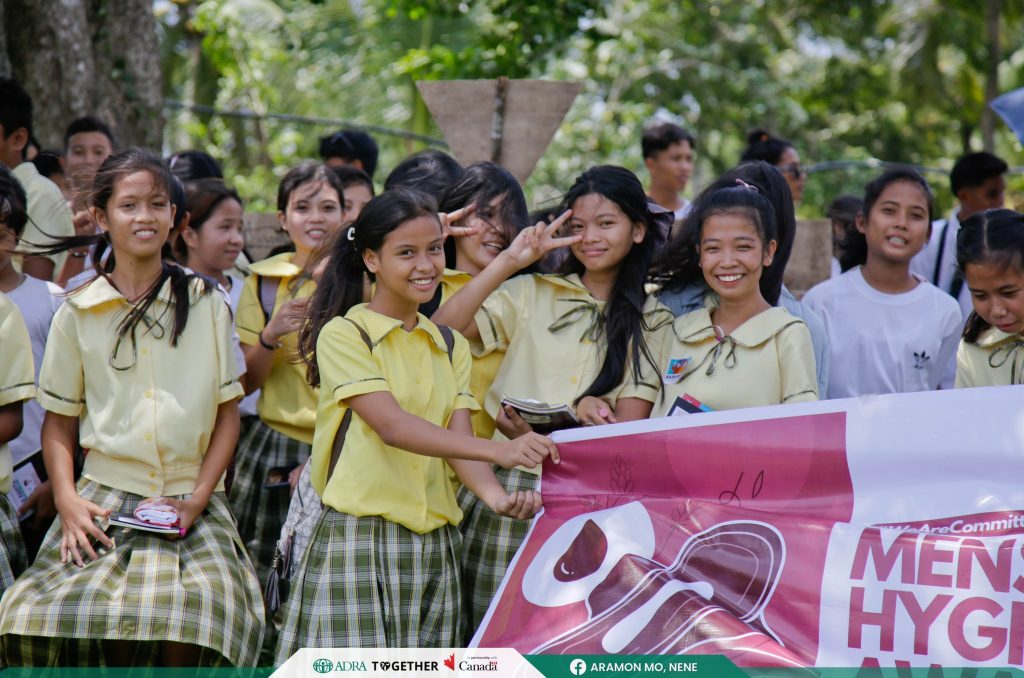
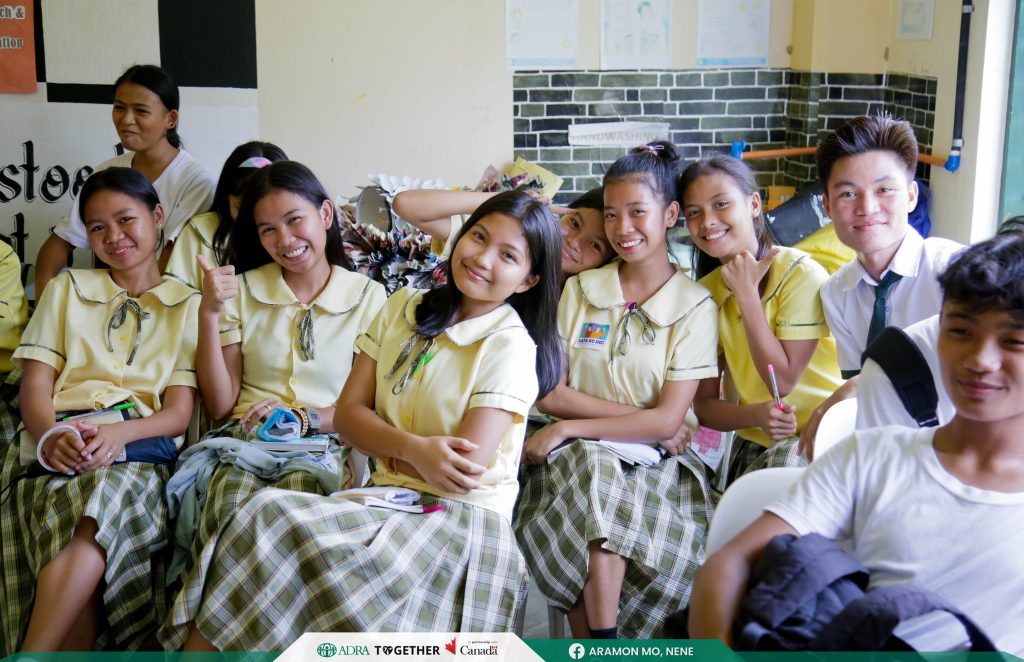
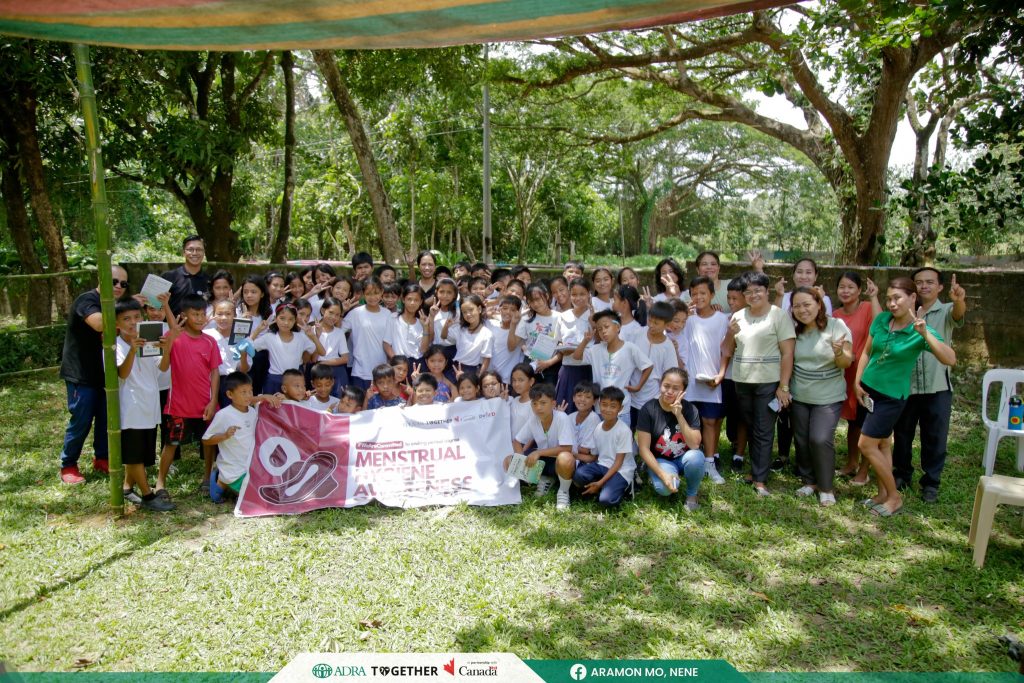
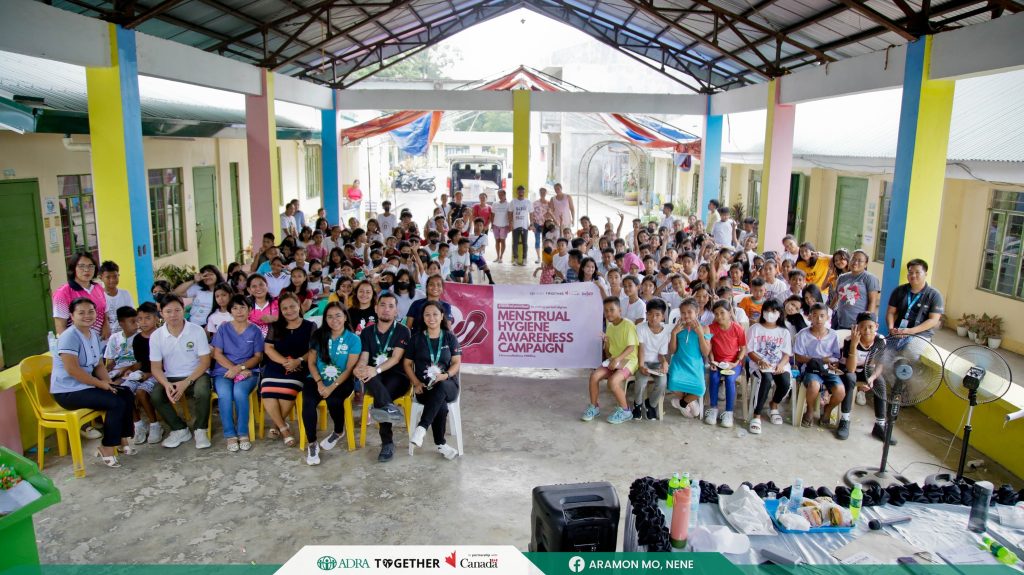
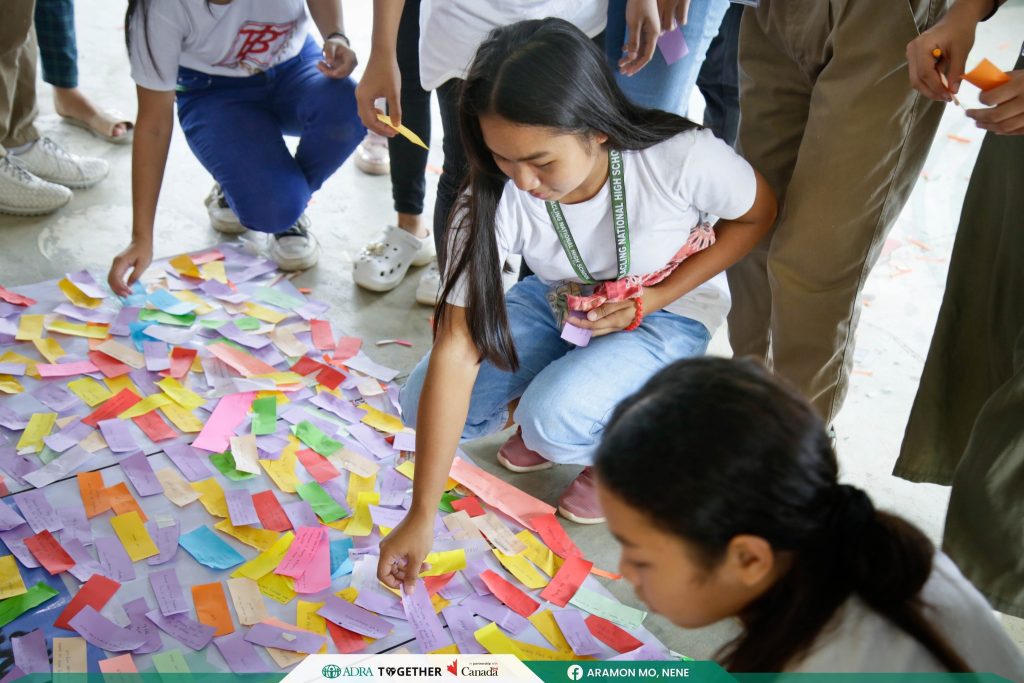
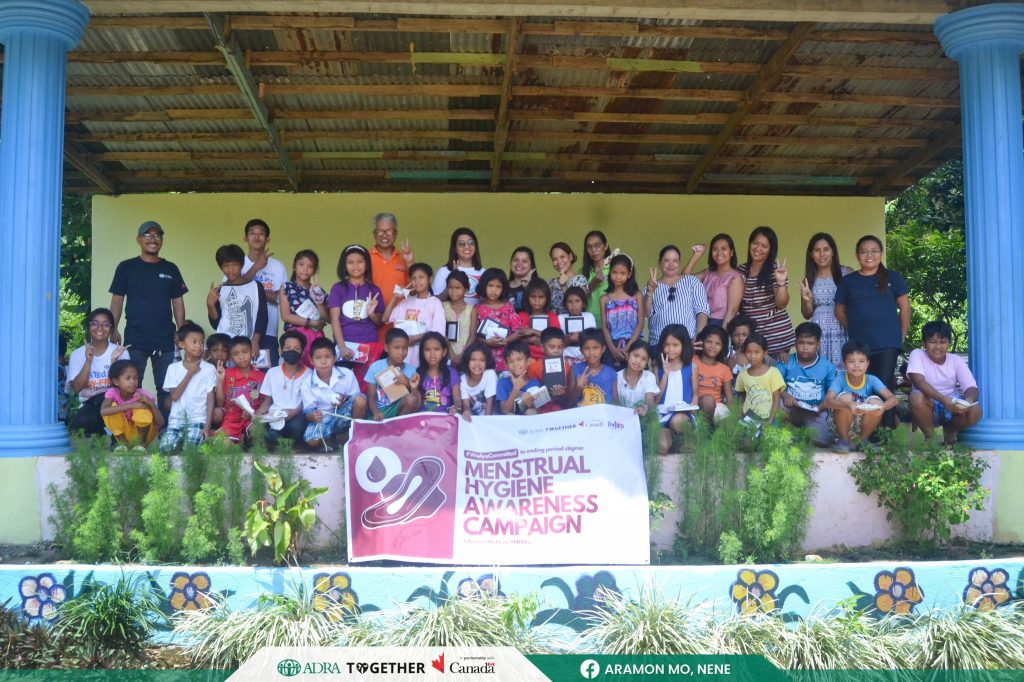
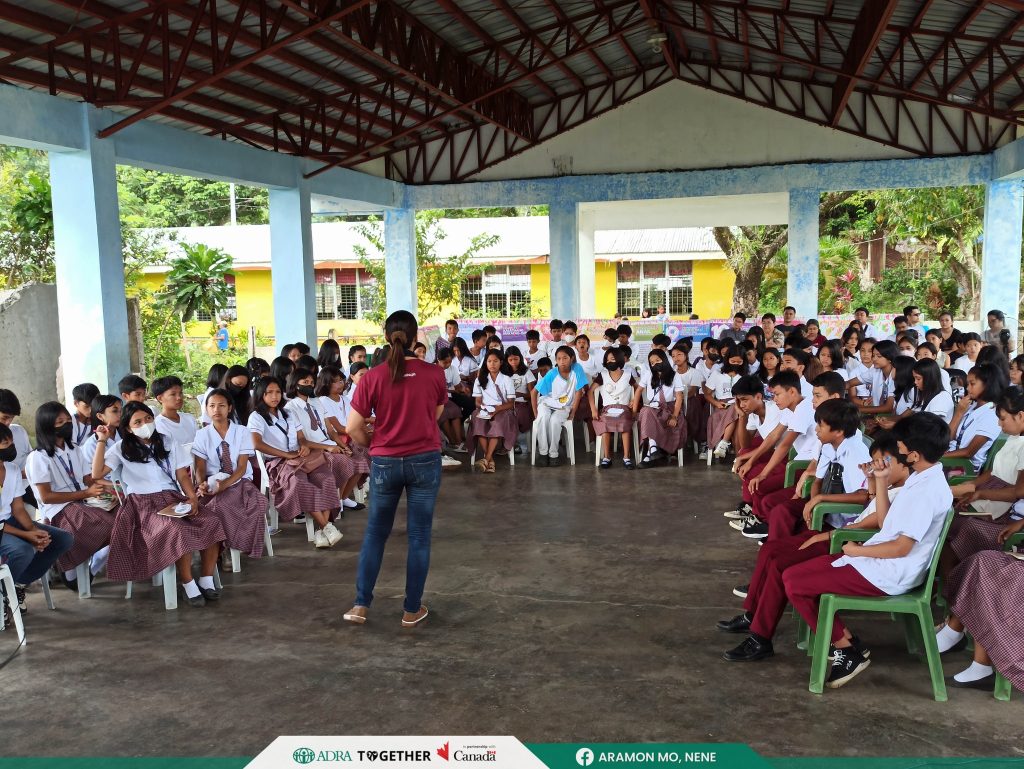
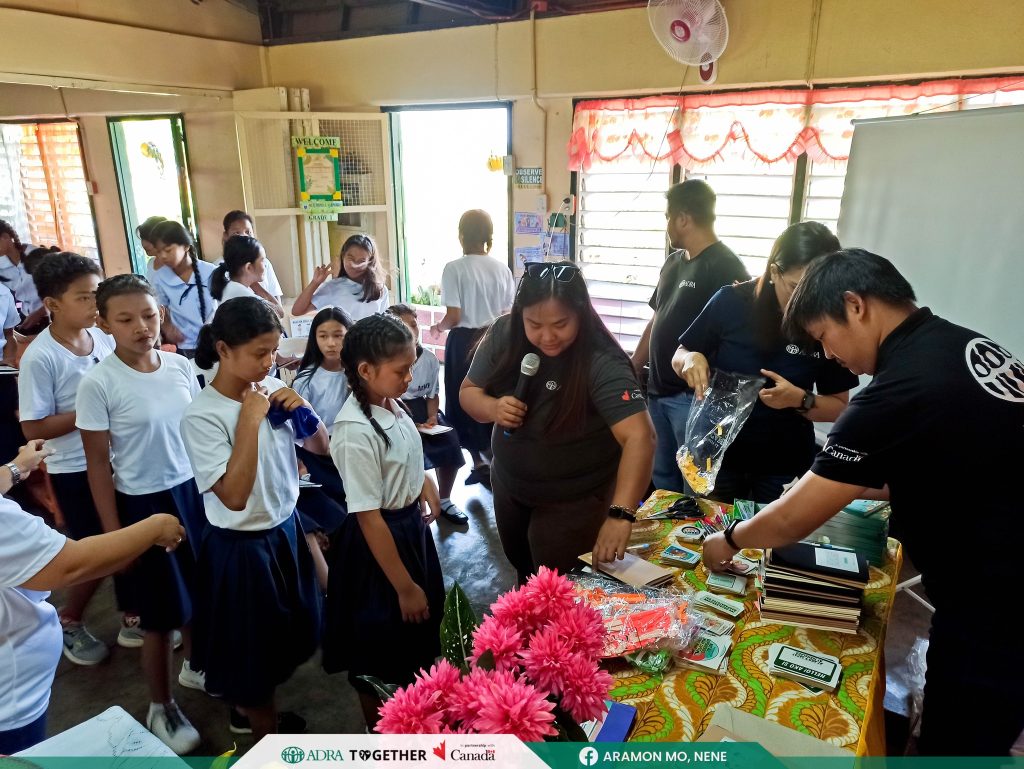
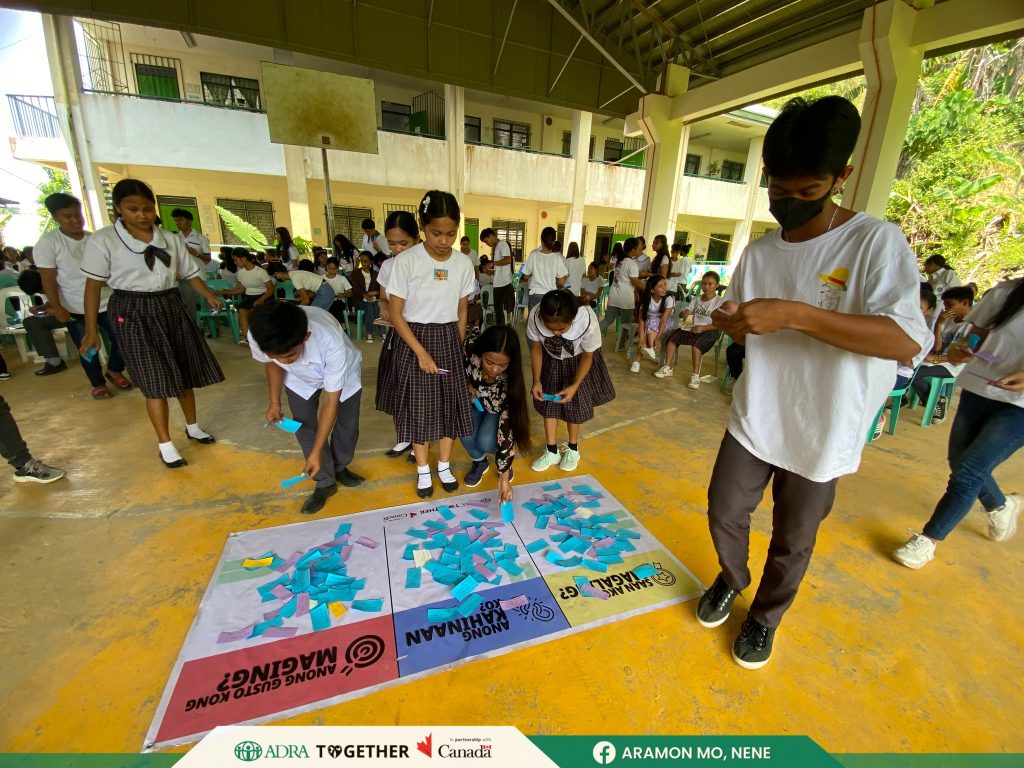
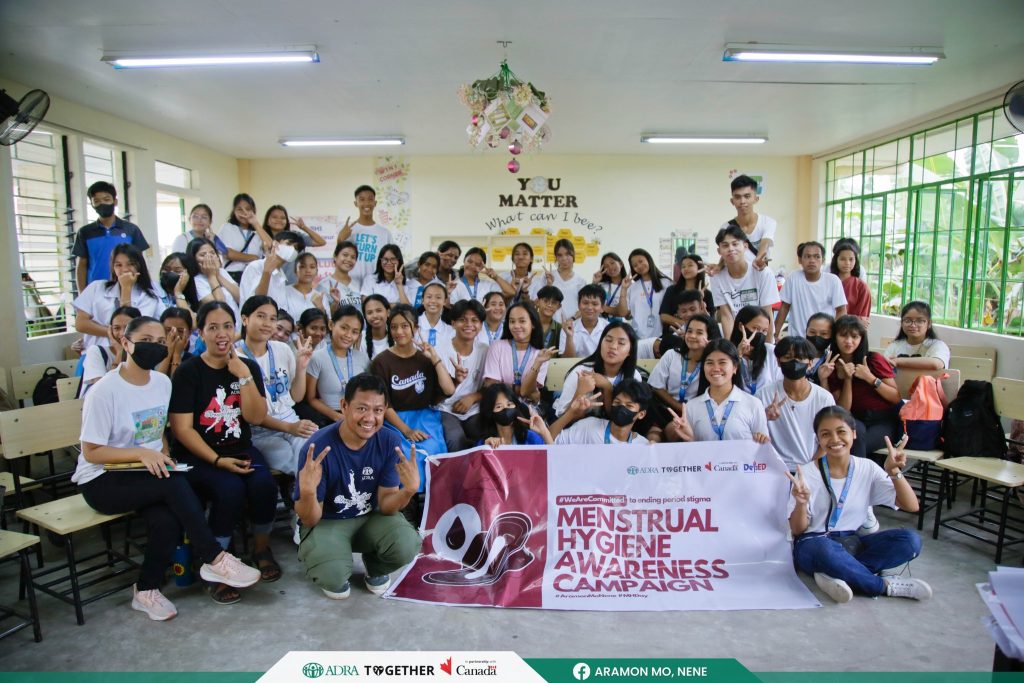
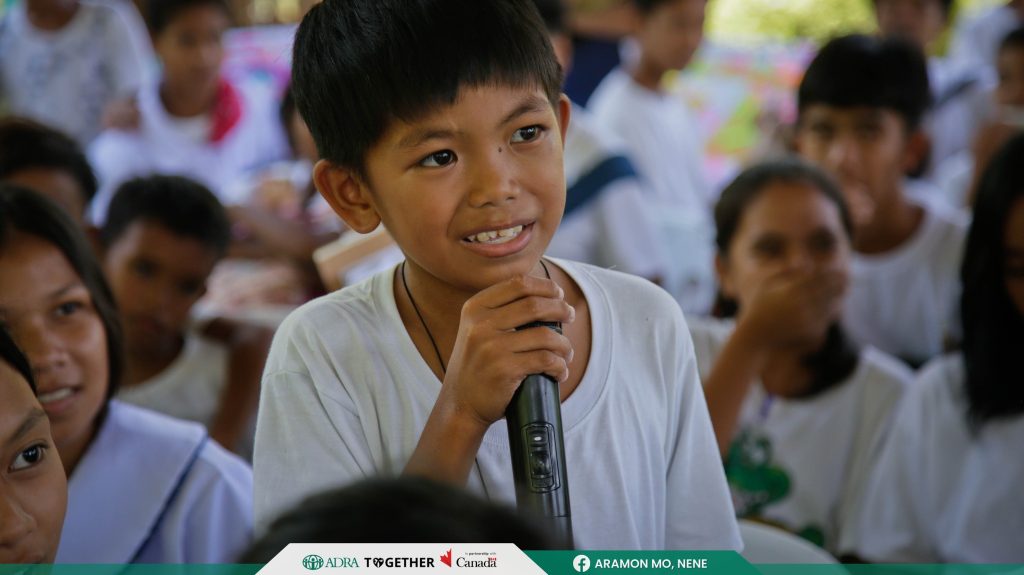
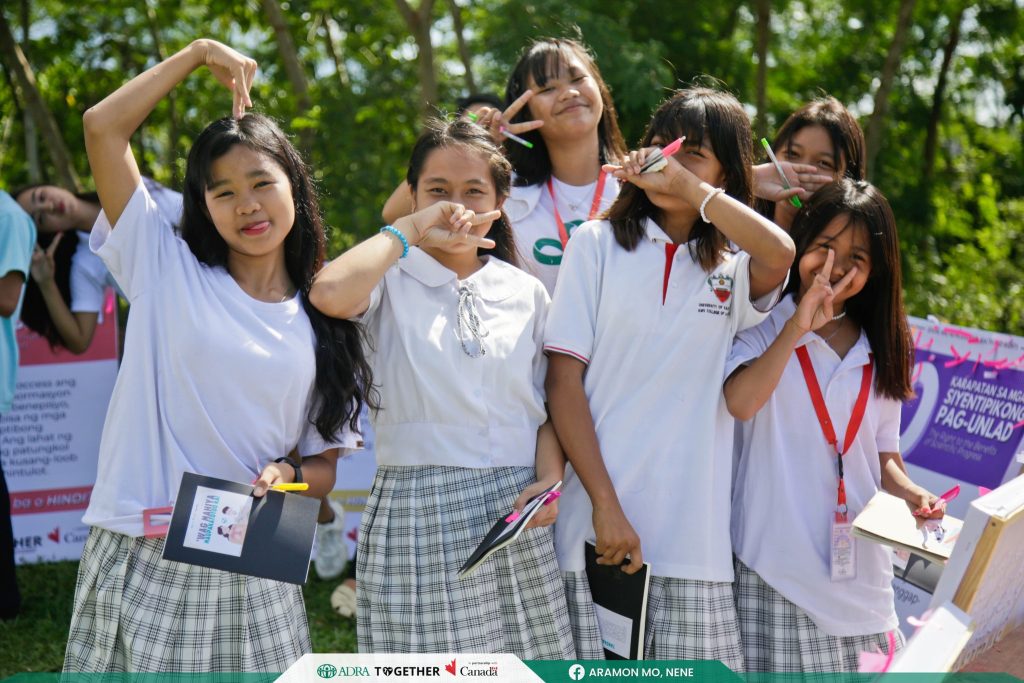
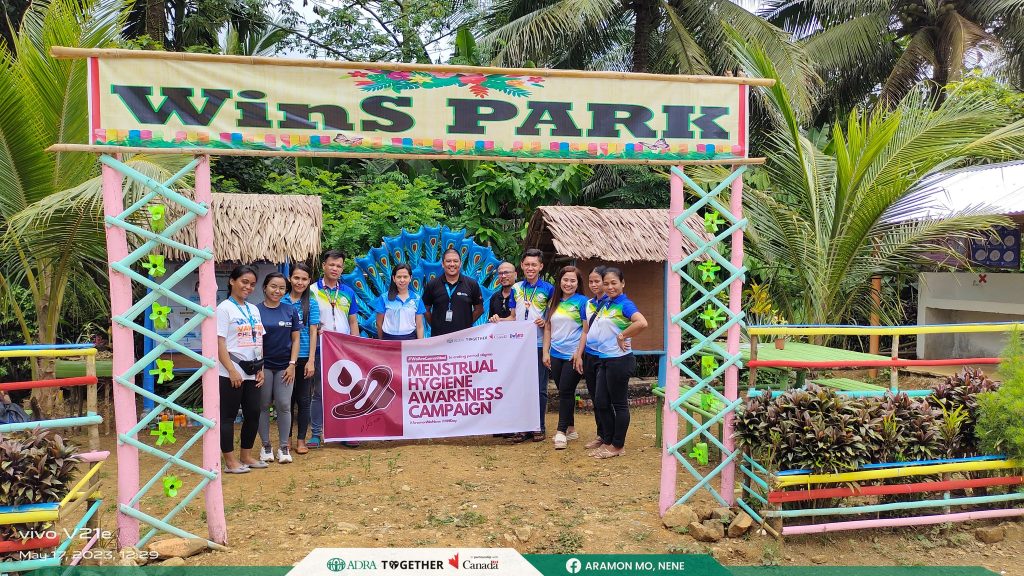
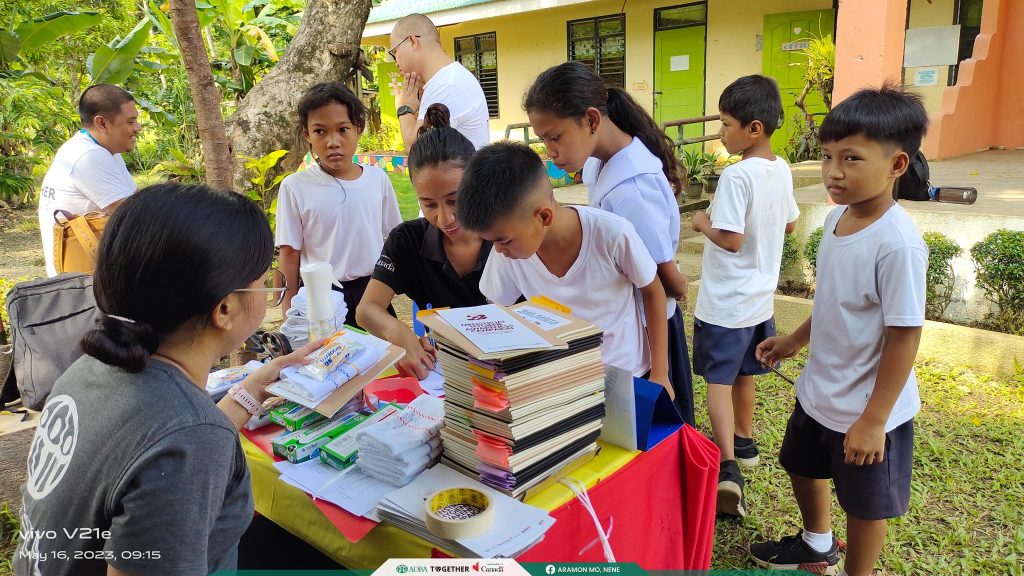
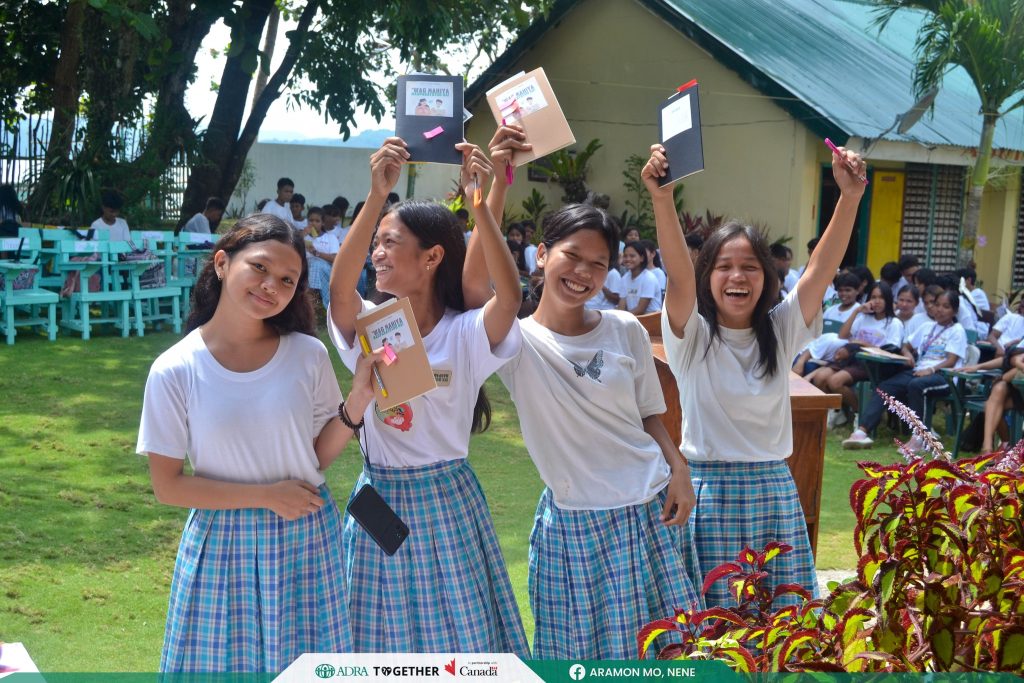
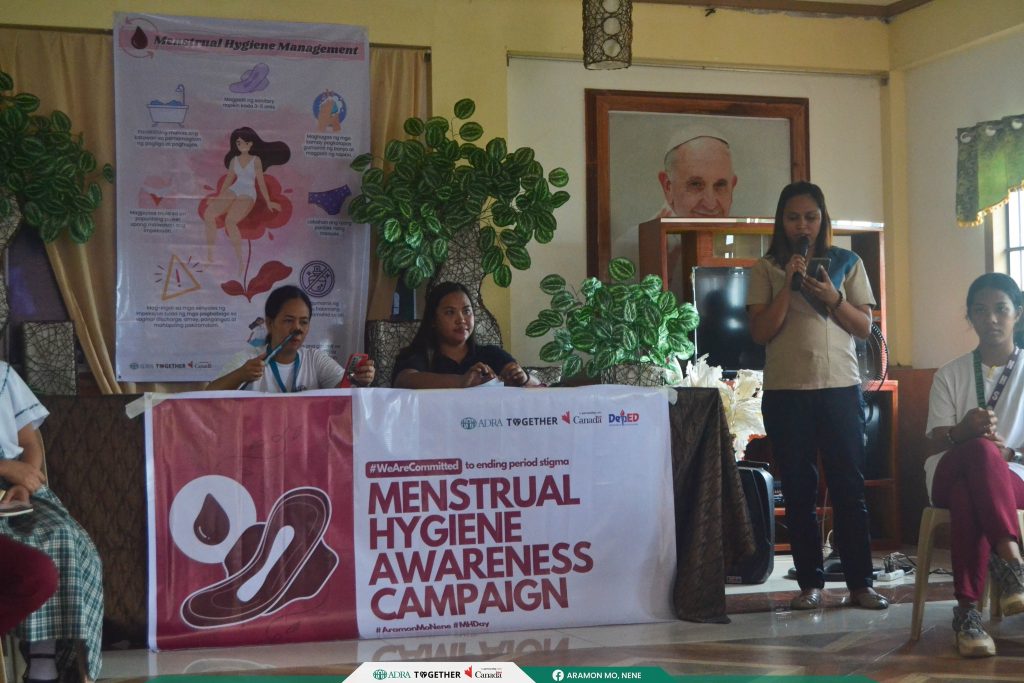
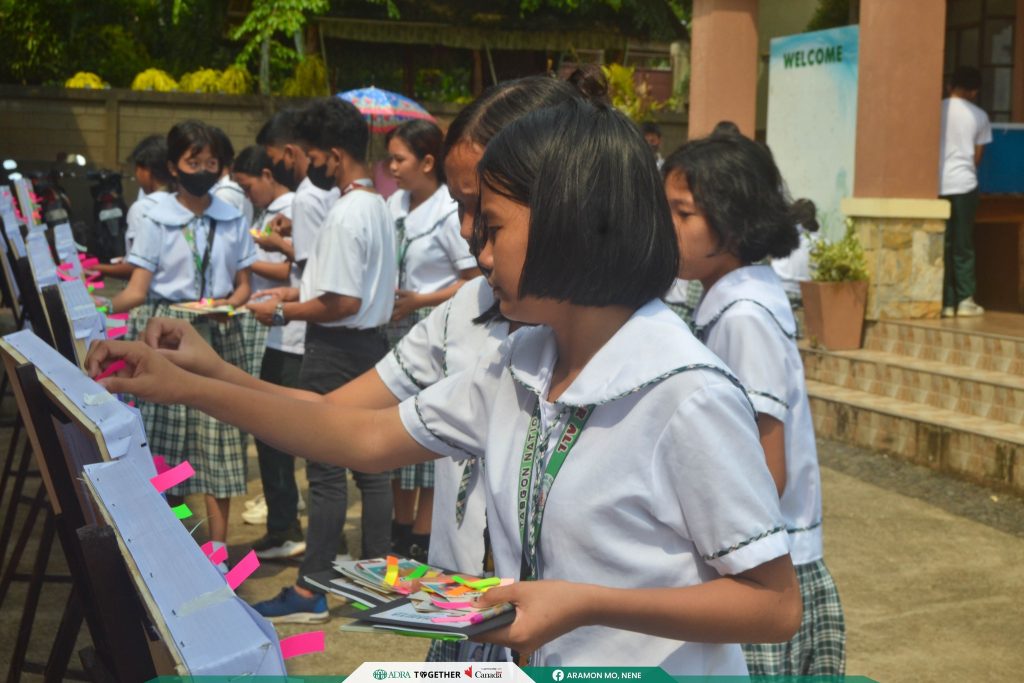
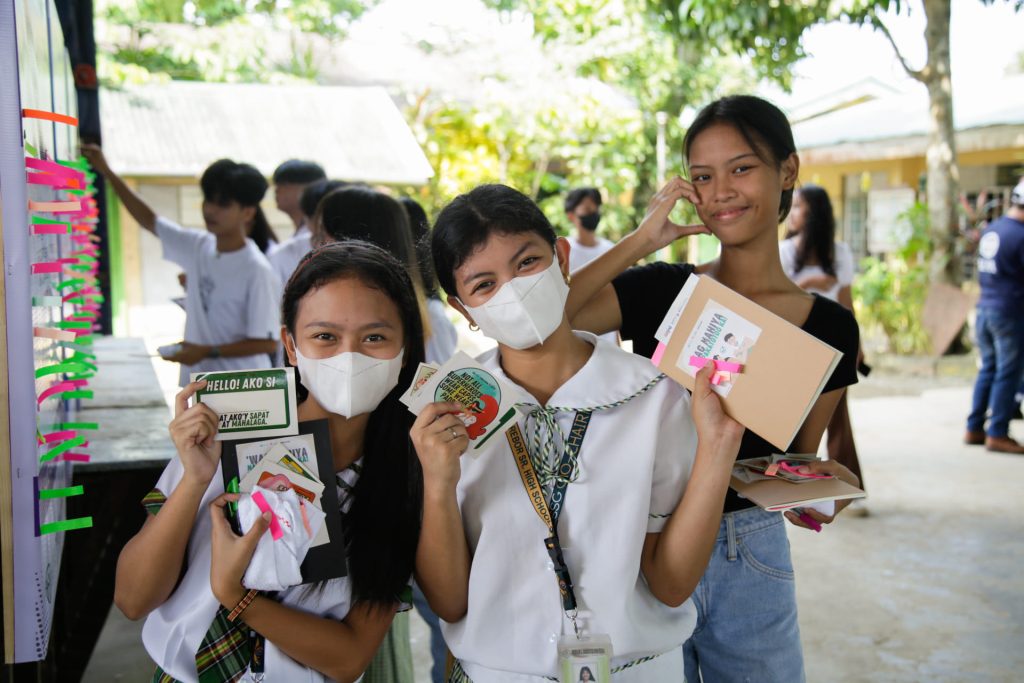
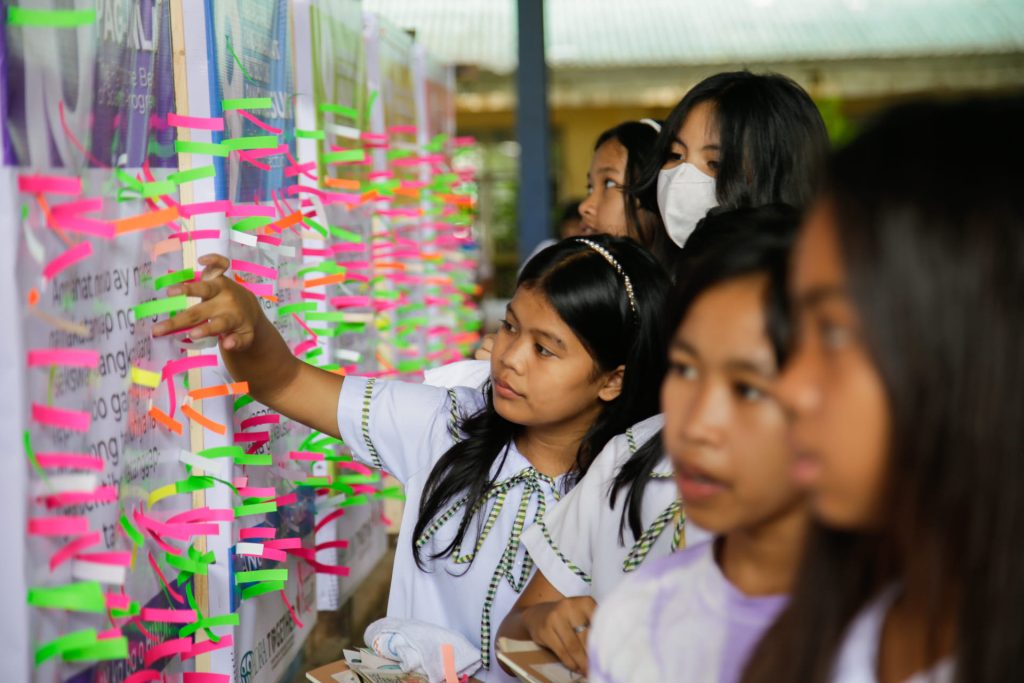
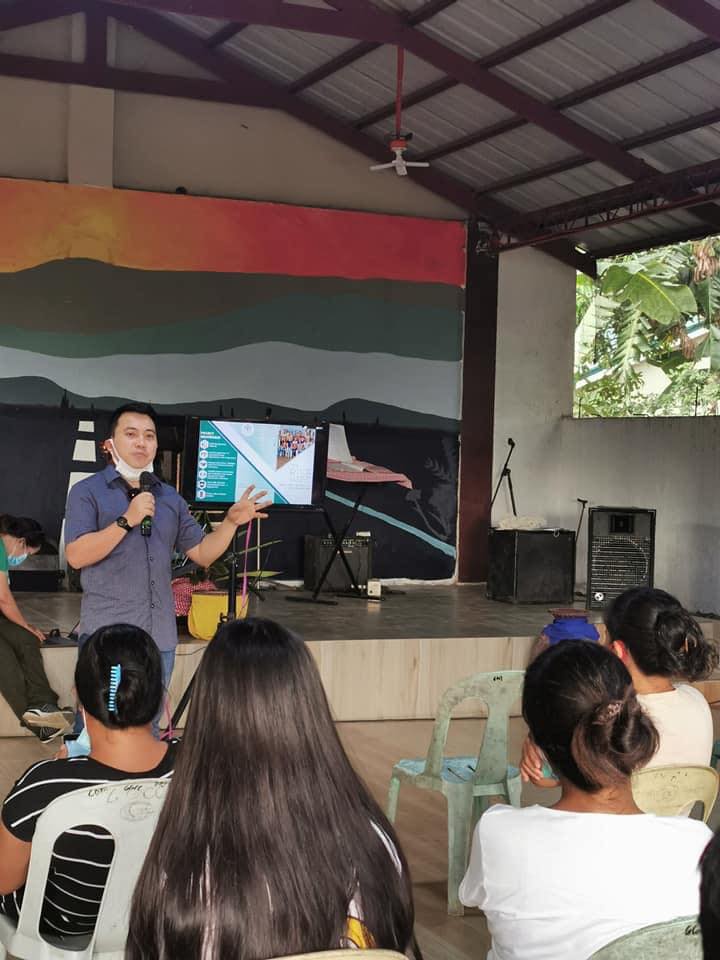
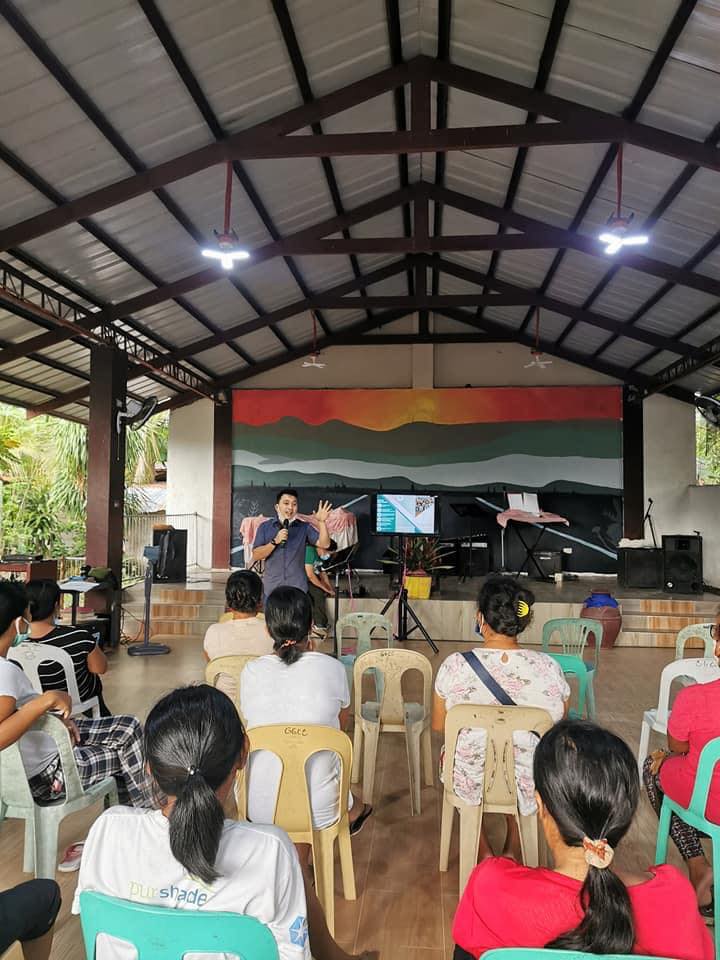
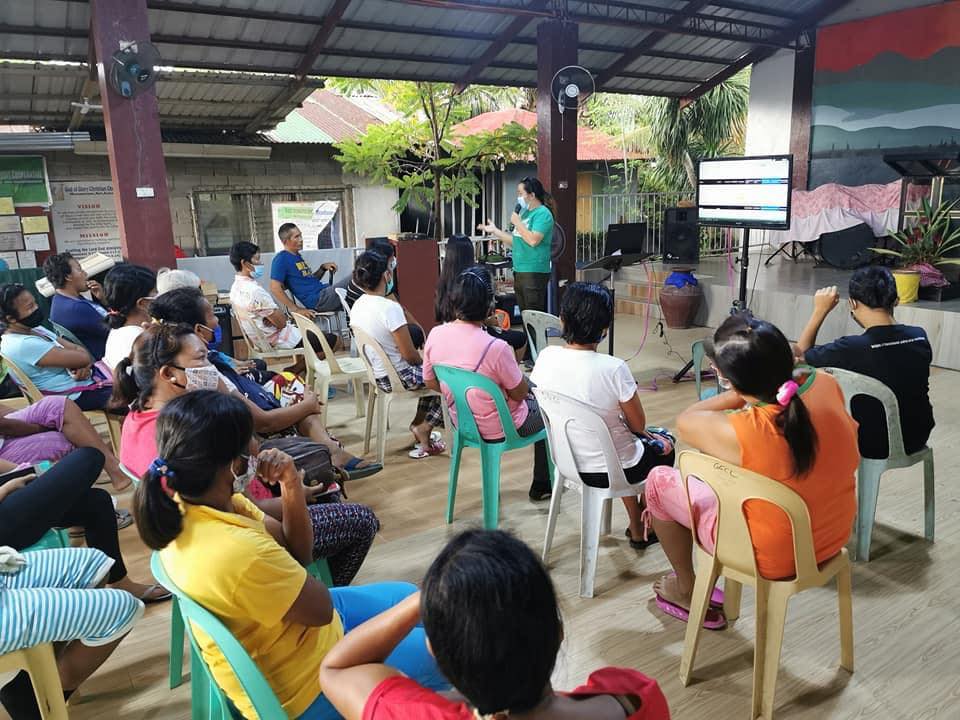
RISE PROJECT (2019-present)
A 3 year Micro-Finance Project in Visayas and Mindanao
funded by ADRA China
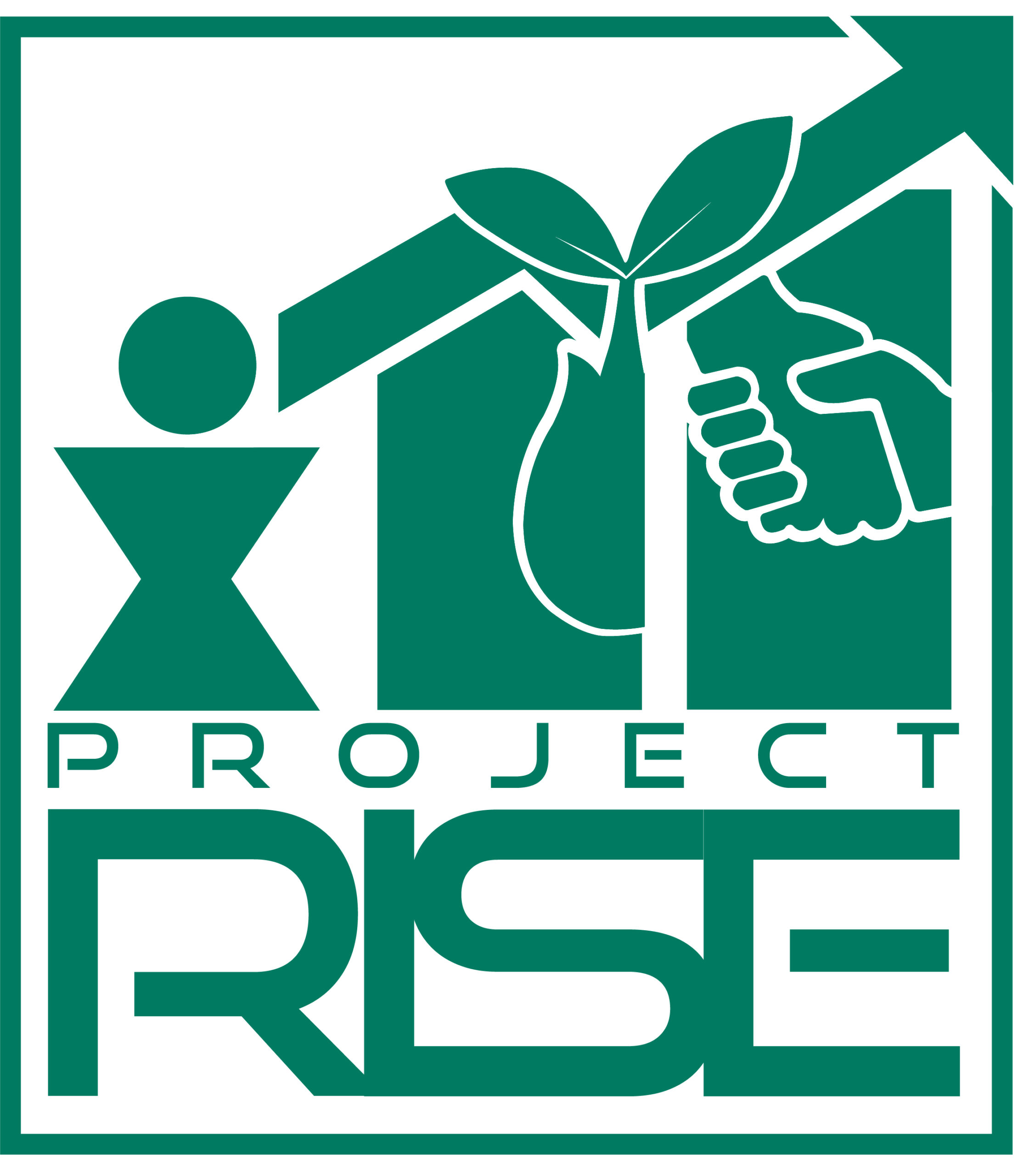 The Responsible Investments and Shared Empowerment (RISE) Project, implemented by ADRA Philippines, aims to empower women, farmers, and entrepreneurs in Regions II, III, IV-A, V, VI, VII, and Mindanao. This 36-month project expects that the target beneficiaries will have increased access to financial capital to finance their businesses, enterprises, and farms. Full-time staff involved in this project are the project manager, area coordinators, micro-finance officers, accountant, disaster risk reduction specialist, training coordinator, and marketing officer.
The Responsible Investments and Shared Empowerment (RISE) Project, implemented by ADRA Philippines, aims to empower women, farmers, and entrepreneurs in Regions II, III, IV-A, V, VI, VII, and Mindanao. This 36-month project expects that the target beneficiaries will have increased access to financial capital to finance their businesses, enterprises, and farms. Full-time staff involved in this project are the project manager, area coordinators, micro-finance officers, accountant, disaster risk reduction specialist, training coordinator, and marketing officer.
This project contributes to the achievement of Sustainable Development Goal 1, ensuring that all men and women, in particular the poor and the vulnerable, have equal rights to economic resources, as well as access to basic services, ownership, and control over land and other forms of property, inheritance, and natural resources, appropriate new technology and financial services, including microfinance.
Women, farmers, and entrepreneurs will have increased income, and will be able to participate in formal economic activities.
SHELTER ASSISTANCE PROJECT(2022)
8 months shelter assistance program for the victims of Typhoon Rai in Negros Occidental. Funded by Japan Platform and ADRA Korea.
To provide assistance to the affected victims by Typhoon Odette in Western Negros Province to repair/rebuild their houses, thereby ensuring a safe living environment and reducing the negative impacts of future disasters.
The project will be implemented in the typhoon-affected barangays in the Municipality of Ilog and the City of Sipalay in the Province of Negros Occidental, in Central Philippines. It aims to meet the urgent priority needs to repair/rebuild damaged shelters by providing repair and construction materials following Building Back Better approaches so that vulnerability and negative impacts that future disasters can cause will be reduced. An integral component of the project is to foster increased participation of beneficiaries by improving their existing capacity in rebuilding their homes by providing training of proven build-back better approaches. Shelters will be rebuilt in partnership with local government units and the beneficiaries who will contribute to significant labor requirements during construction.
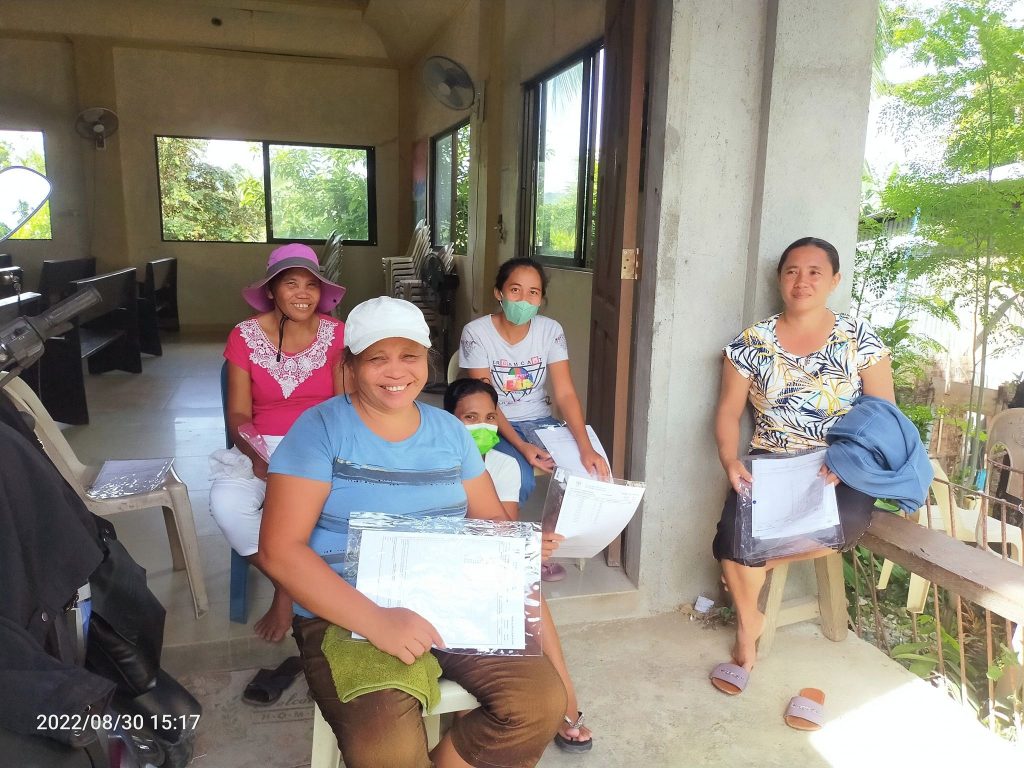
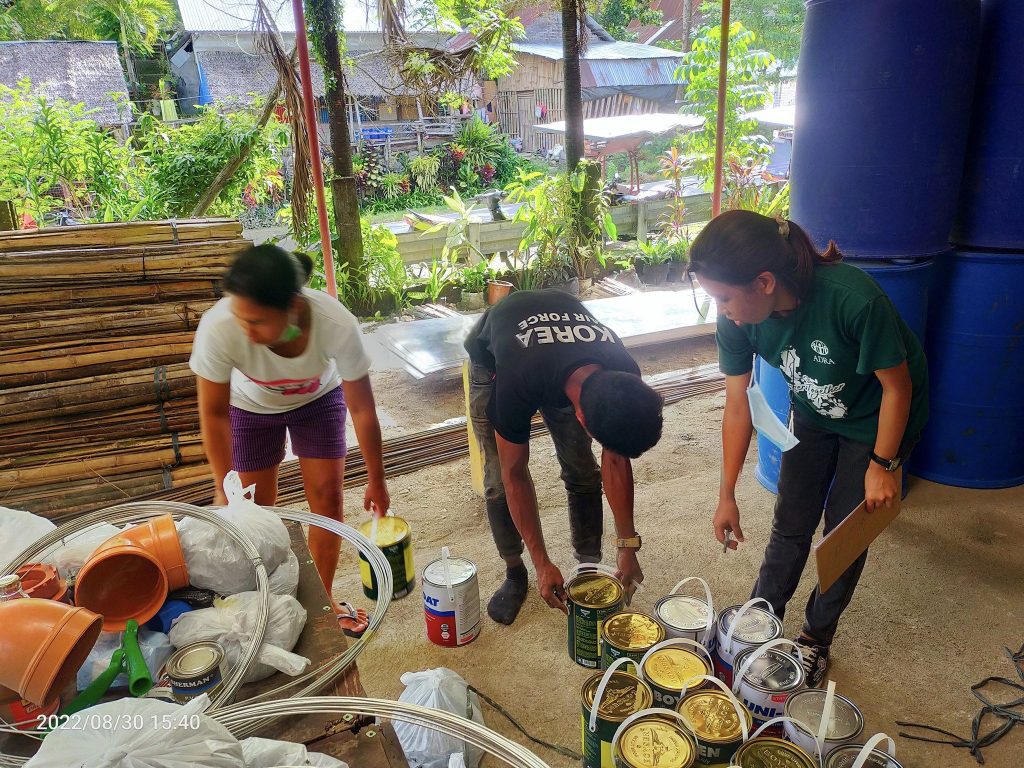
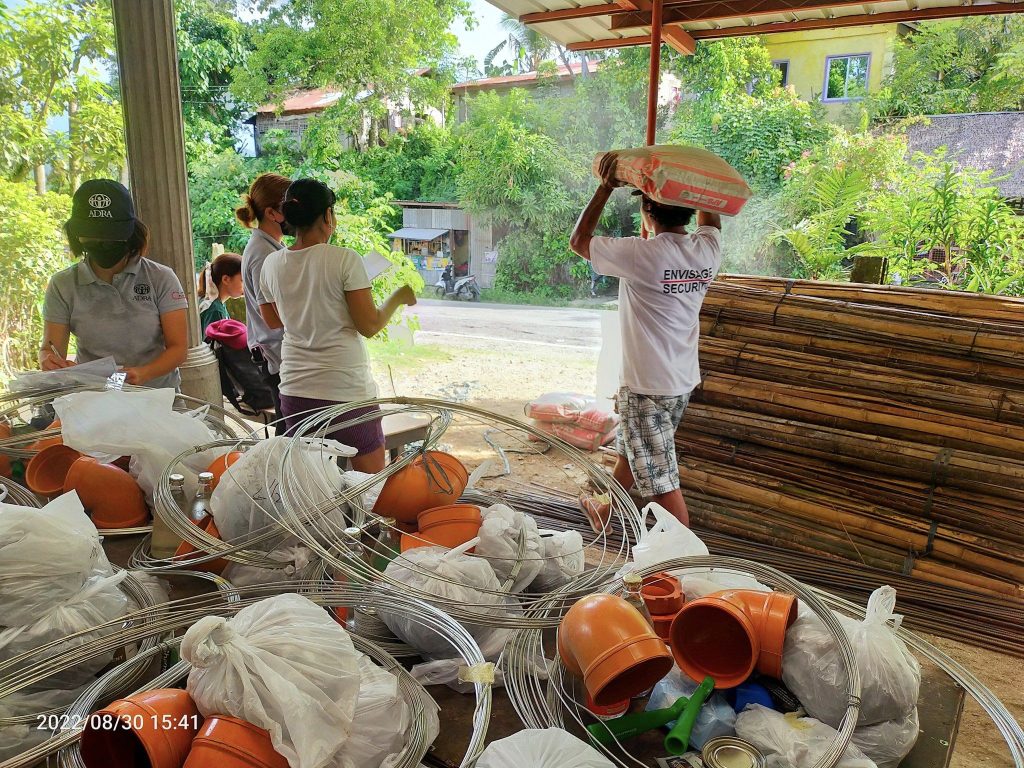
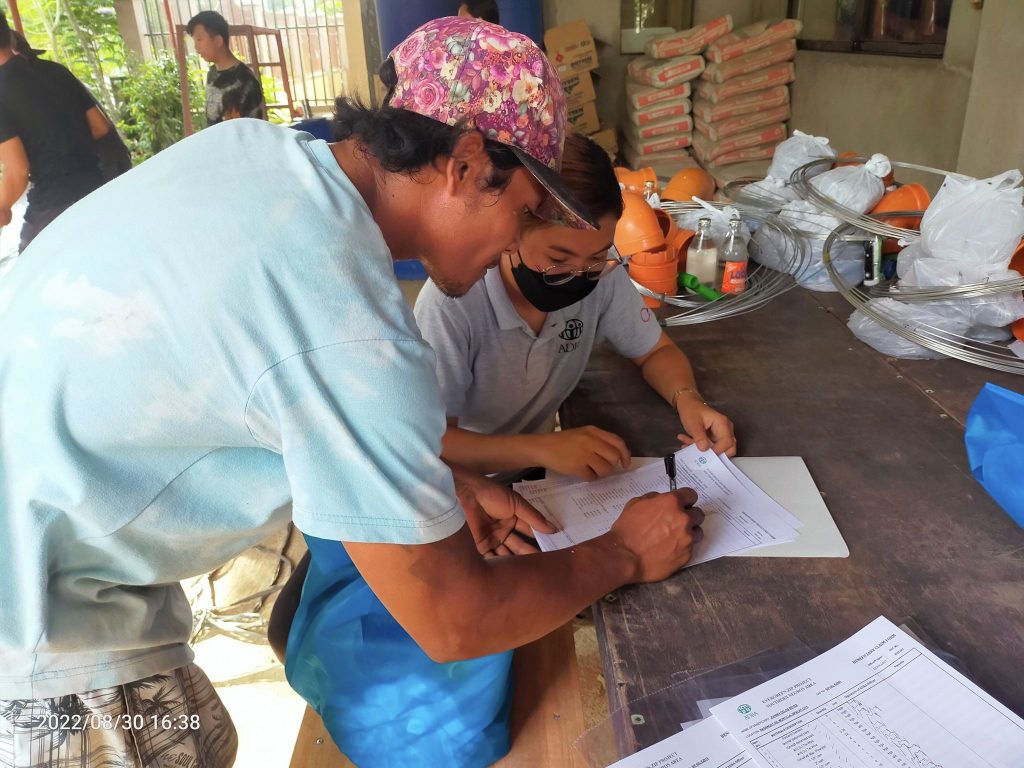
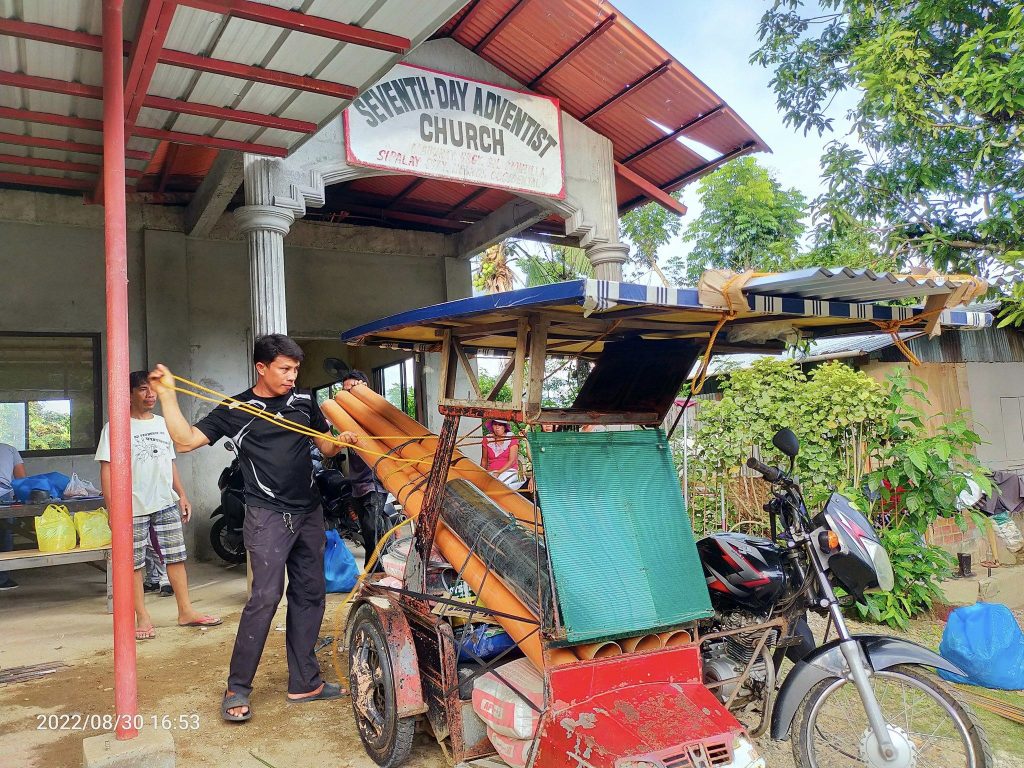
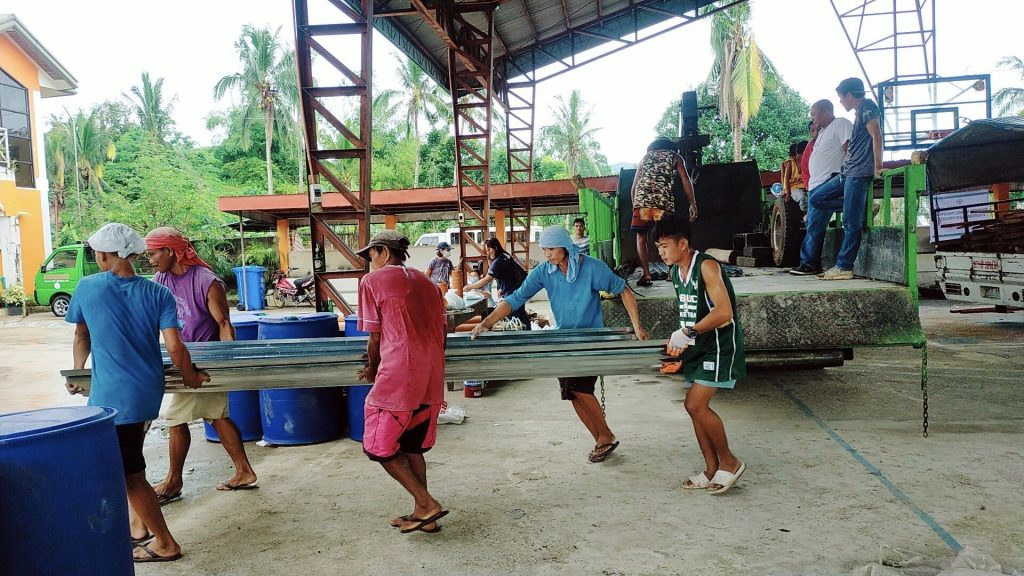
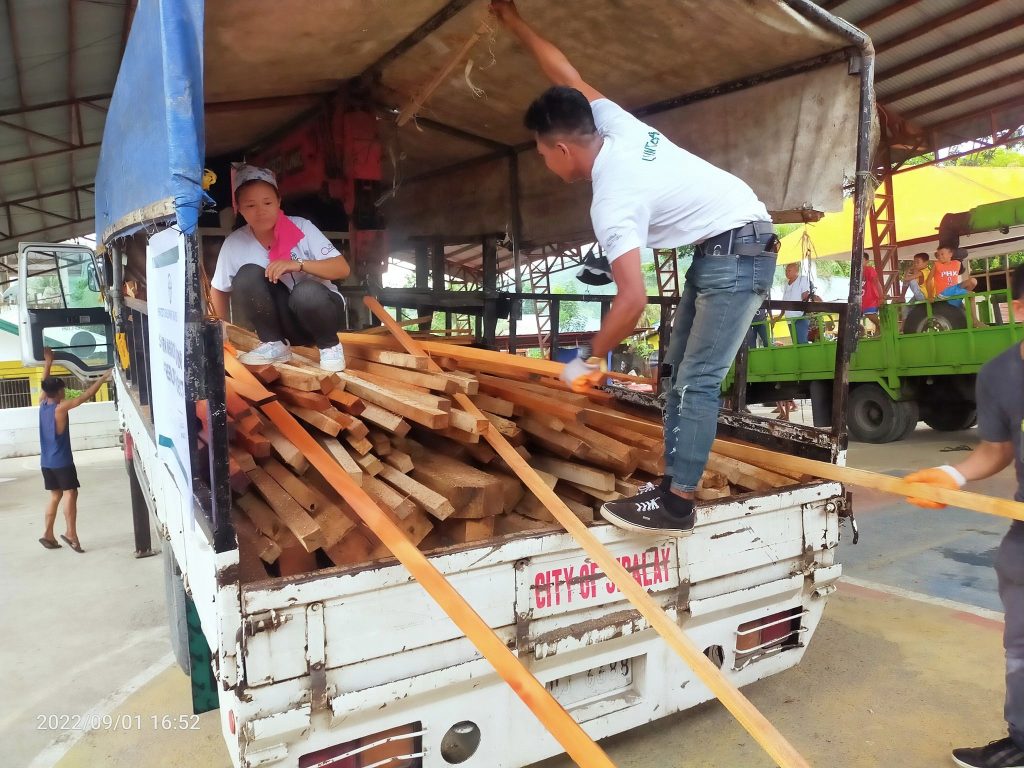
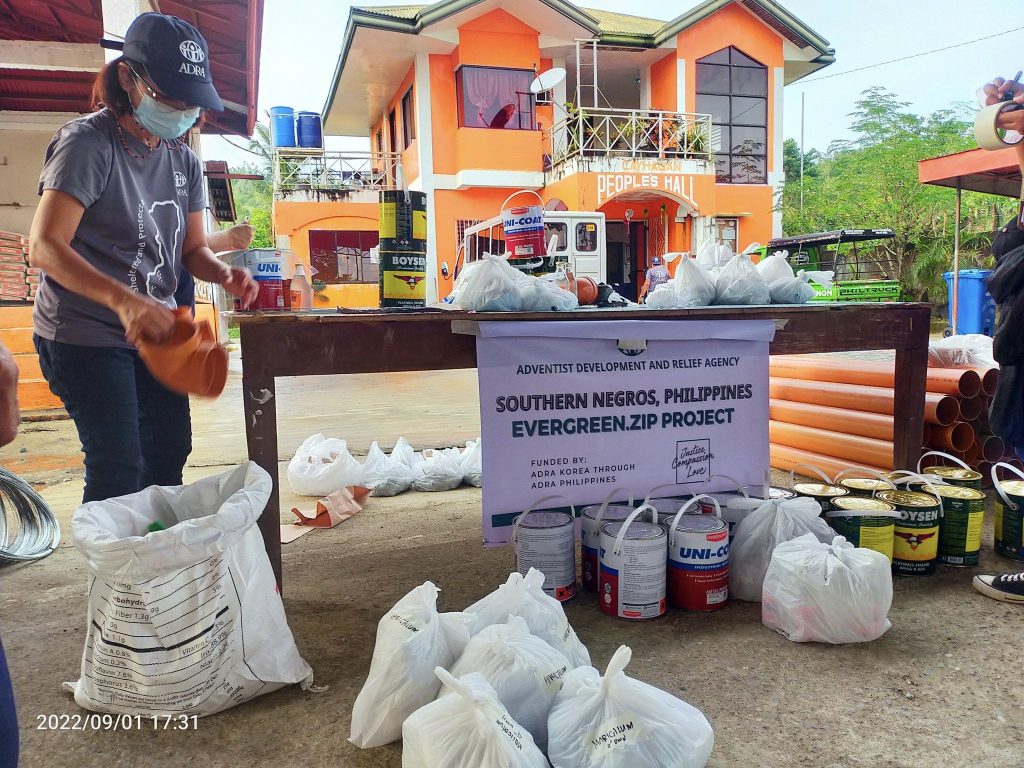
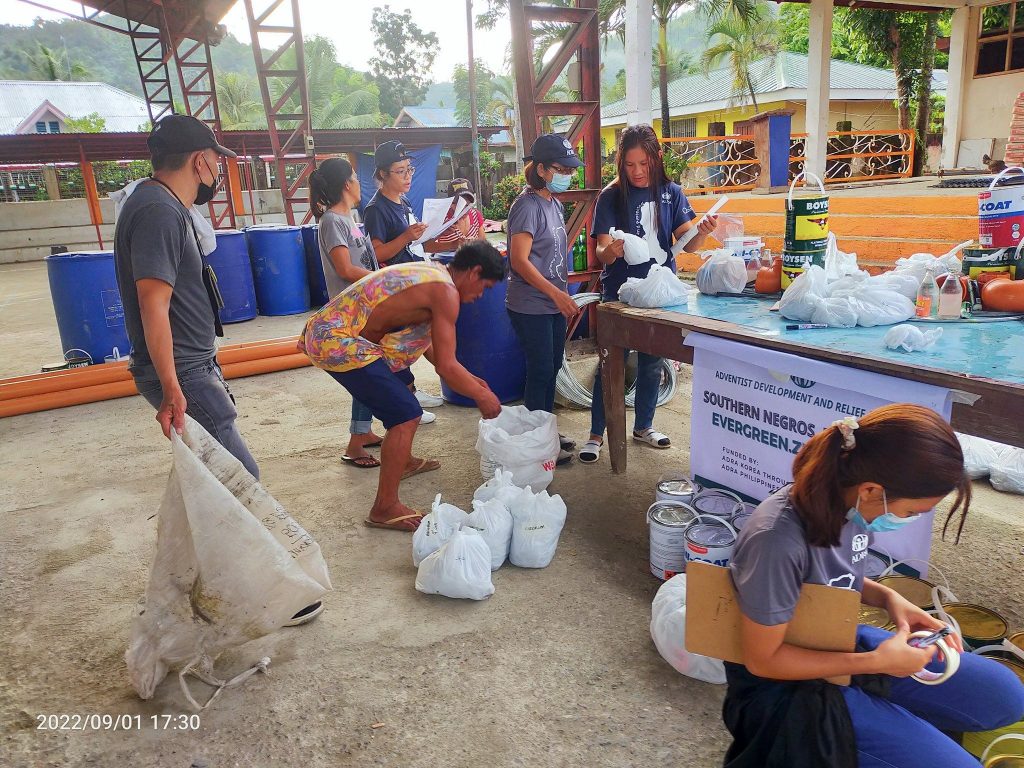
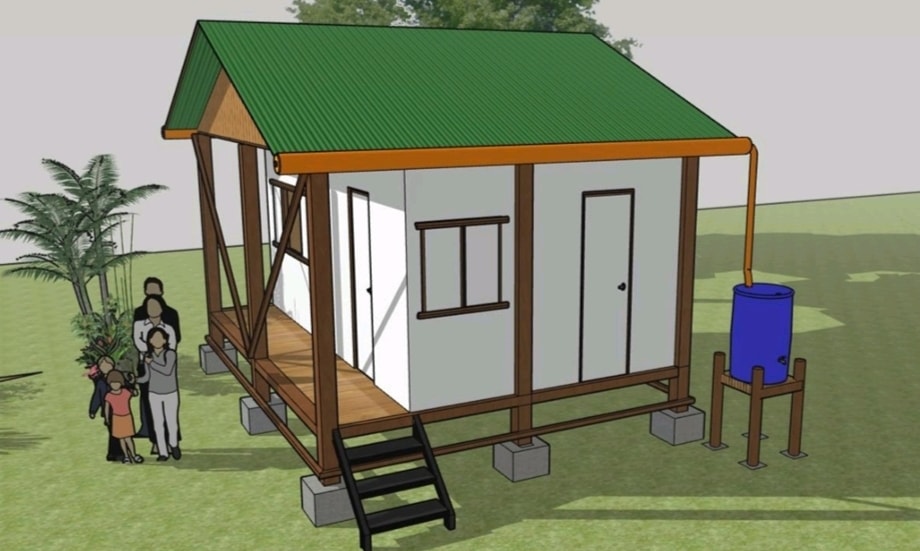
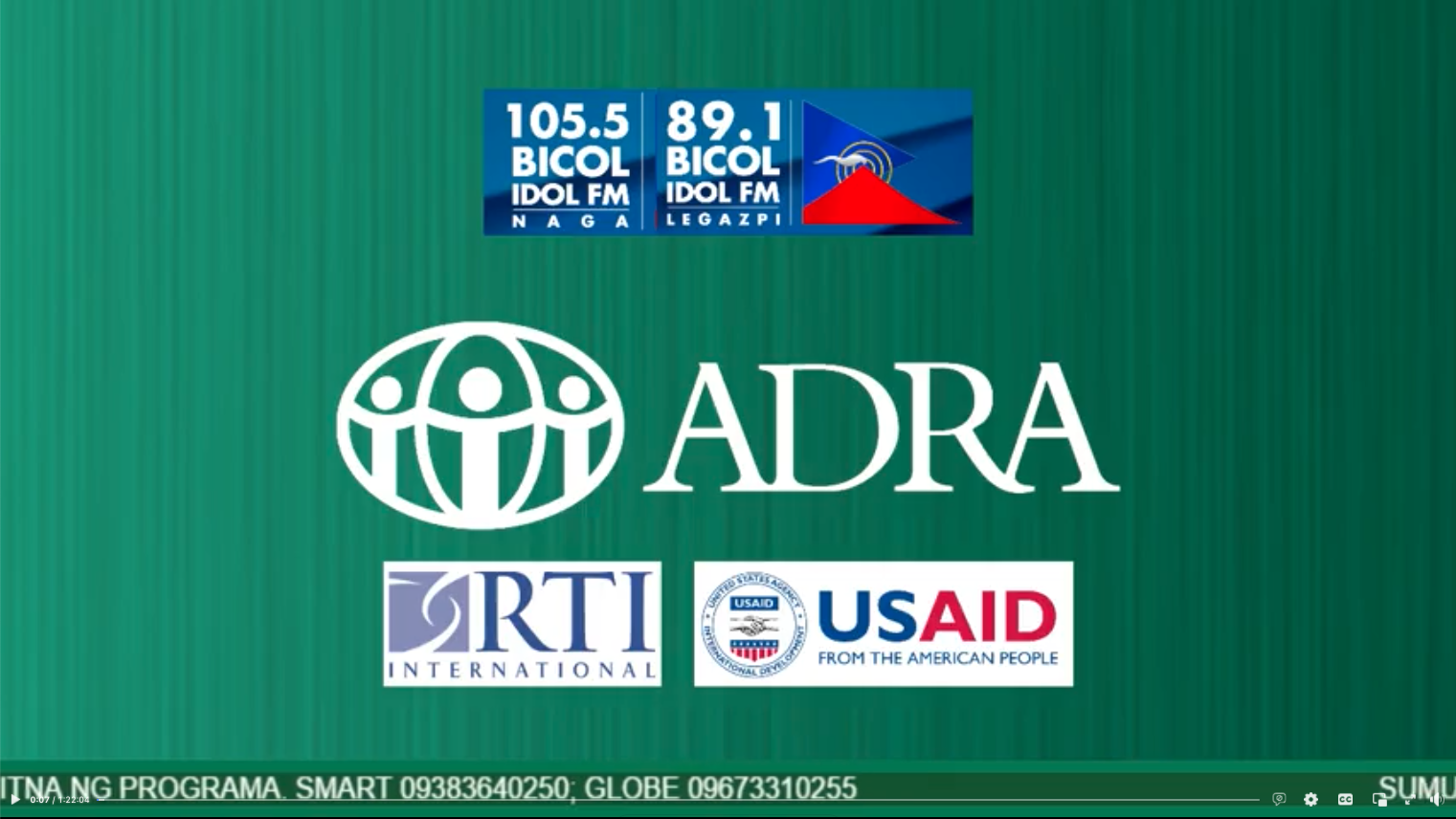
PROTECT PROJECT (2021-2022)
A one-year project implemented by the Adventist Development and Relief Agency (ADRA) in partnership with RTI International under the ReachHealth Project that is being supported by USAID.
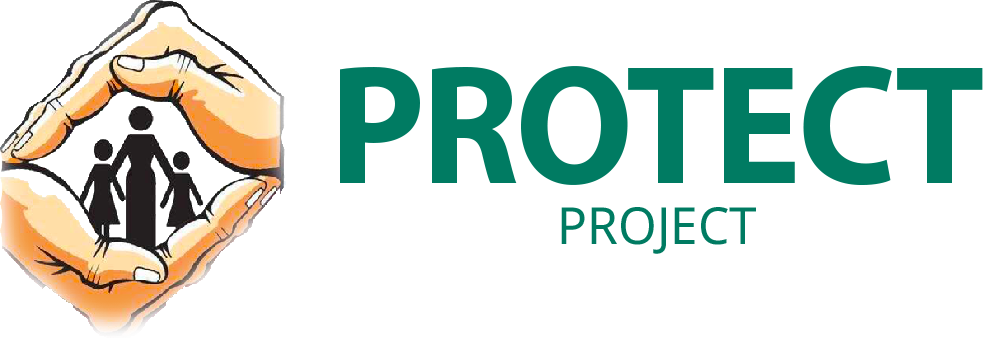 The Responsible Investments and Shared Empowerment (RISE) Project, implemented by ADRA Philippines, aims to empower women, farmers, and entrepreneurs in Regions II, III, IV-A, V, VI, VII, and Mindanao. This 36-month project expects that the target beneficiaries will have increased access to financial capital to finance their businesses, enterprises, and farms. Full-time staff involved in this project are the project manager, area coordinators, micro-finance officers, accountant, disaster risk reduction specialist, training coordinator, and marketing officer.
The Responsible Investments and Shared Empowerment (RISE) Project, implemented by ADRA Philippines, aims to empower women, farmers, and entrepreneurs in Regions II, III, IV-A, V, VI, VII, and Mindanao. This 36-month project expects that the target beneficiaries will have increased access to financial capital to finance their businesses, enterprises, and farms. Full-time staff involved in this project are the project manager, area coordinators, micro-finance officers, accountant, disaster risk reduction specialist, training coordinator, and marketing officer.
This project contributes to the achievement of Sustainable Development Goal 1, ensuring that all men and women, in particular the poor and the vulnerable, have equal rights to economic resources, as well as access to basic services, ownership, and control over land and other forms of property, inheritance, and natural resources, appropriate new technology and financial services, including microfinance.
Women, farmers, and entrepreneurs will have increased income, and will be able to participate in formal economic activities.
EMPOWER PROJECT (2020-2022)
A 2.5 years EMPOWERMENT of Civil Society Organizations on Disaster Risk Reduction and Climate Risk Governance in Itogon Benguet and Pinukpuk Kalinga funded by the European Union
 A 2.5 years EMPOWERMENT of Civil Society Organizations on Disaster Risk Reduction and Climate Risk Governance in Itogon Benguet and Pinukpuk Kalinga funded by the European Union. Empowering Municipalities, Barangays, Civil Society Organizations (CSOs), and People’s Organizations through Working Together to Enhance Disaster and Climate Risk Governance (EMPOWER) is a consortium project of the Adventist Development and Relief Agency (ADRA) and Humanity & Inclusion (HI).
A 2.5 years EMPOWERMENT of Civil Society Organizations on Disaster Risk Reduction and Climate Risk Governance in Itogon Benguet and Pinukpuk Kalinga funded by the European Union. Empowering Municipalities, Barangays, Civil Society Organizations (CSOs), and People’s Organizations through Working Together to Enhance Disaster and Climate Risk Governance (EMPOWER) is a consortium project of the Adventist Development and Relief Agency (ADRA) and Humanity & Inclusion (HI).
The overall project objective is to strengthen the resilience of high-risk communities by reinforcing civil society relevance in disaster and climate risk governance. From this project, two municipalities with ten municipal CSOs, thirty two barangays, fifty municipal officials, 160 barangay CSOs, 480 barangay officials, 1,712 CSO representatives, 3,000 households, and 100,370 people are empowered to realize that the government and the people work together towards and inclusive disaster and climate risk governance. The municipalities of Itogon and Pinukpuk benefit from the strengthened capacities of communities to prepare for future disasters and climate risks.
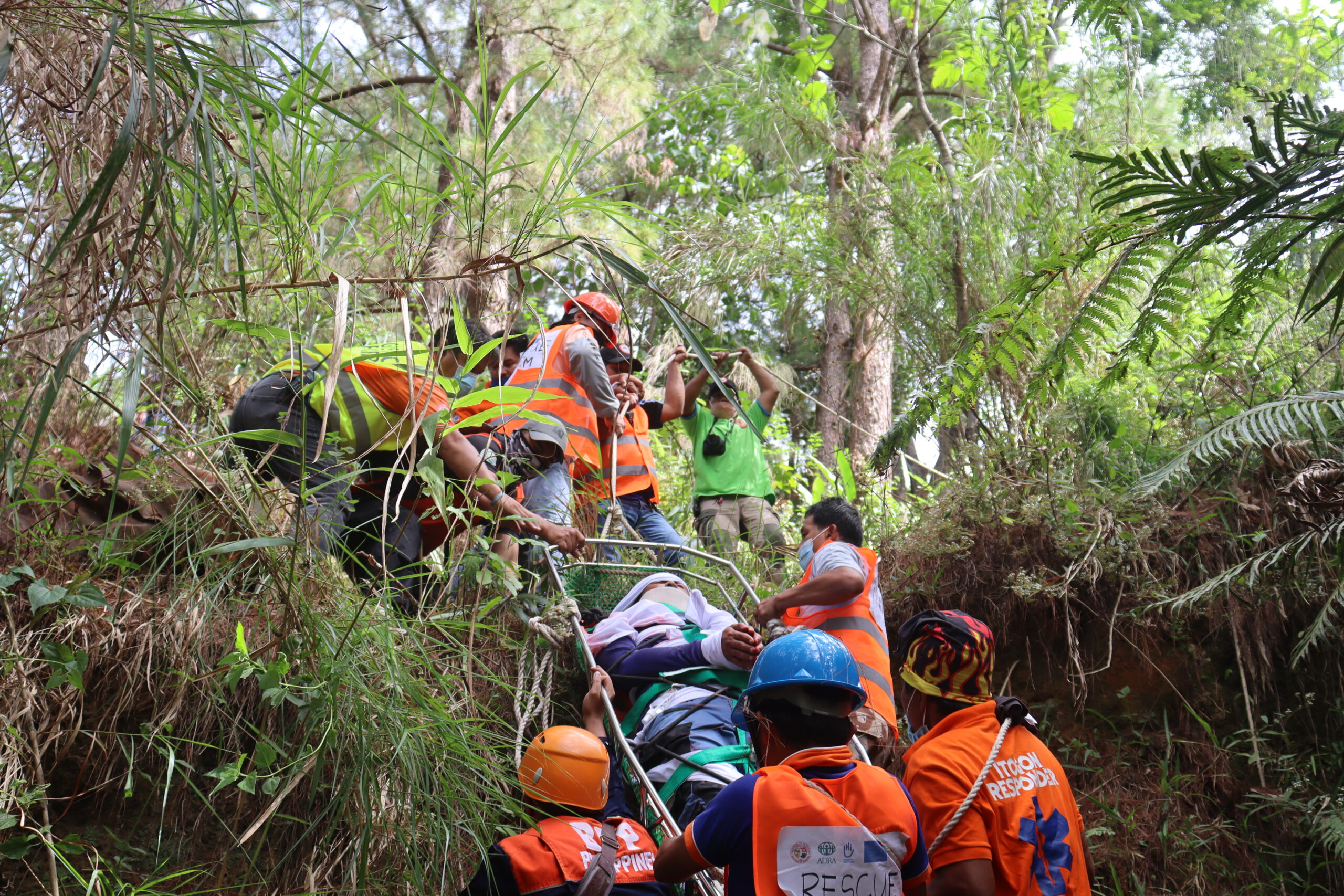
RECENT PROJECTS
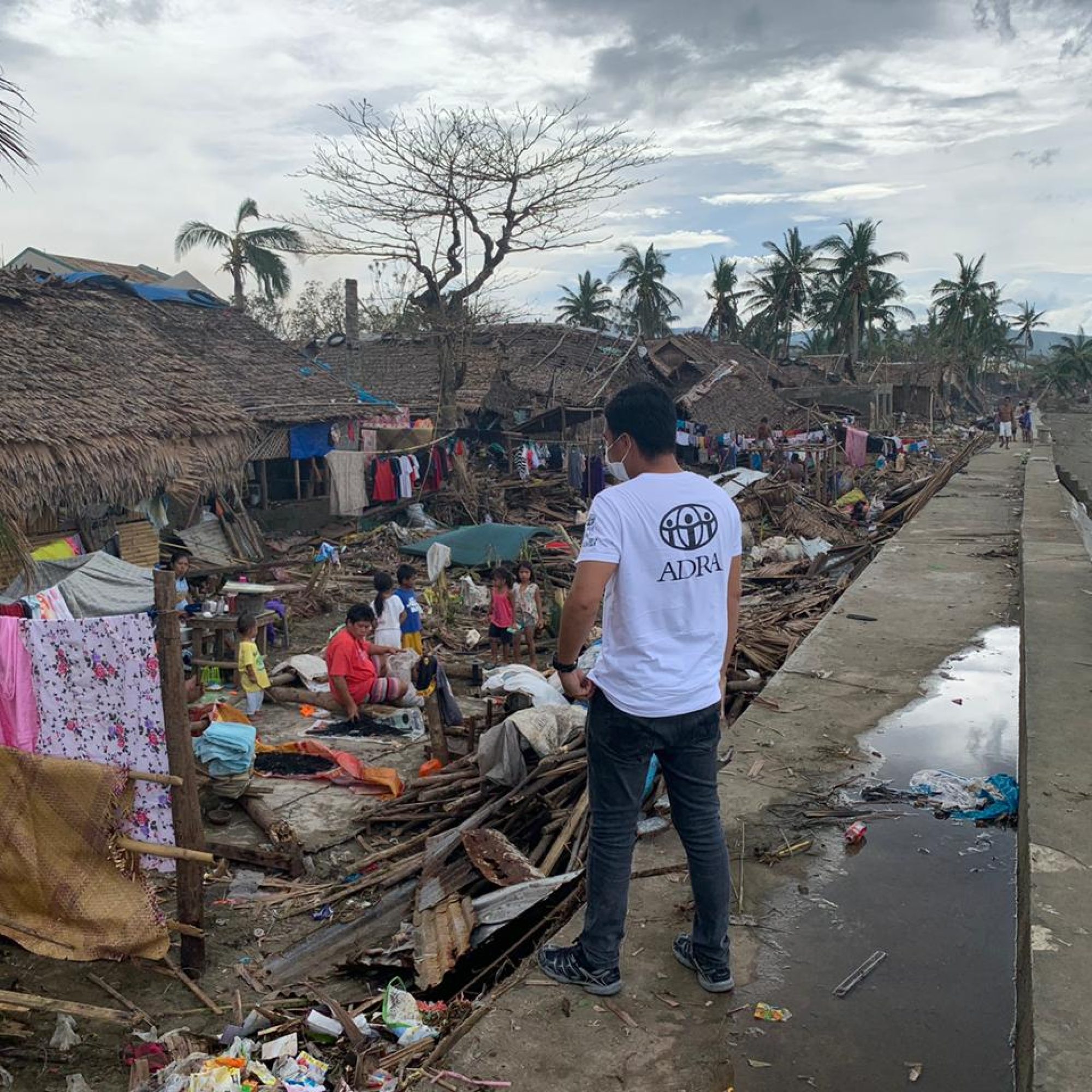
ECHO Project (2020-2021)
A 6-month Disaster Response and Recovery in the Bicol Region. A project implemeneted in partnership with the World Vision and Oxfam and funded by the European Civil Protection and Humanitarian Aid Operations (ECHO).
Following the onslaught of Super Typhoon Goni (local name Rolly), international NGOs Oxfam, ADRA, and World Vision, together with local partners Coastal core and Peoples’ Disaster Risk Reduction Network, with funding from the European Civil Protection and Humanitarian Aid Operations (ECHO), will provide immediate aid to the most affected communities in the hard-hit areas of the Bicol region. These areas include the provinces of Albay, Camarines Sur, and Catanduanes.
The massive response focuses on providing assistance in shelter, water, sanitation, and hygiene (WaSH), food, and protection initiatives.
EMBRACE COVID-19 EXTENSION (2020)
A 9-month COVID-19 Response Project in the province of Camarines Sur funded by the Canadian Governement.
COVID-19 has greatly affected communities all over the world. In the Philippines, the poor are the most vulnerable to the virus, not only to its effects on health but also to its effects on the financial and economic standing as well as the mental state of those with family members affected.
Embrace Extension is a livelihood development project that focuses on empowering the sewing industry and the seaweed farming industry in Pili, Camarines through COVID-19. Hand-washing facilities are given to the community, alongside quarantine items such as hygiene kits, personalized kits or women, and PPEs. Psychosocial and mental health support for those in isolation, as well as for their families, are also provided. COVID-19 has affected everyone, and ADRA seeks to extend a helping hand to those in these chosen communities so that they may far with the pandemic a little better.
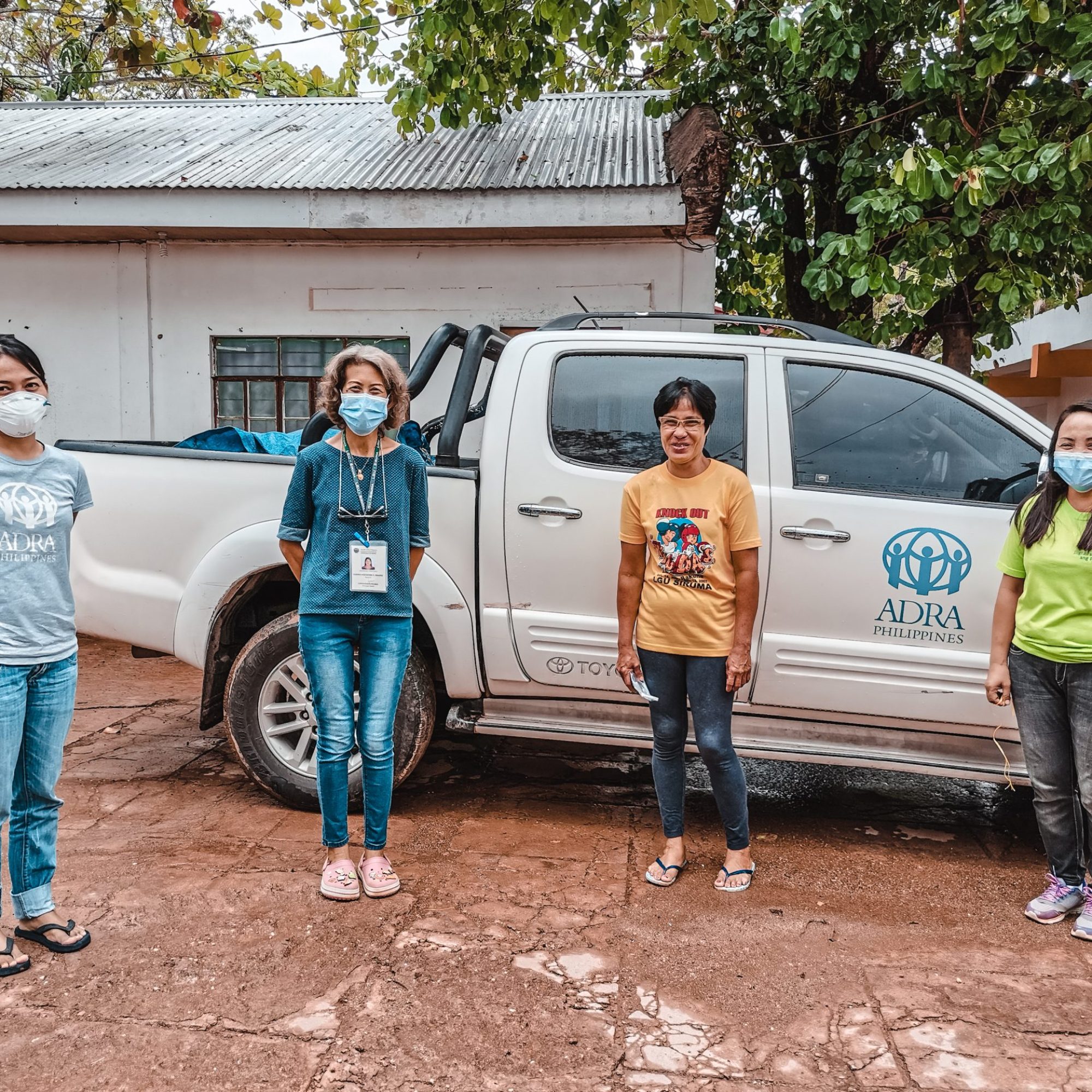
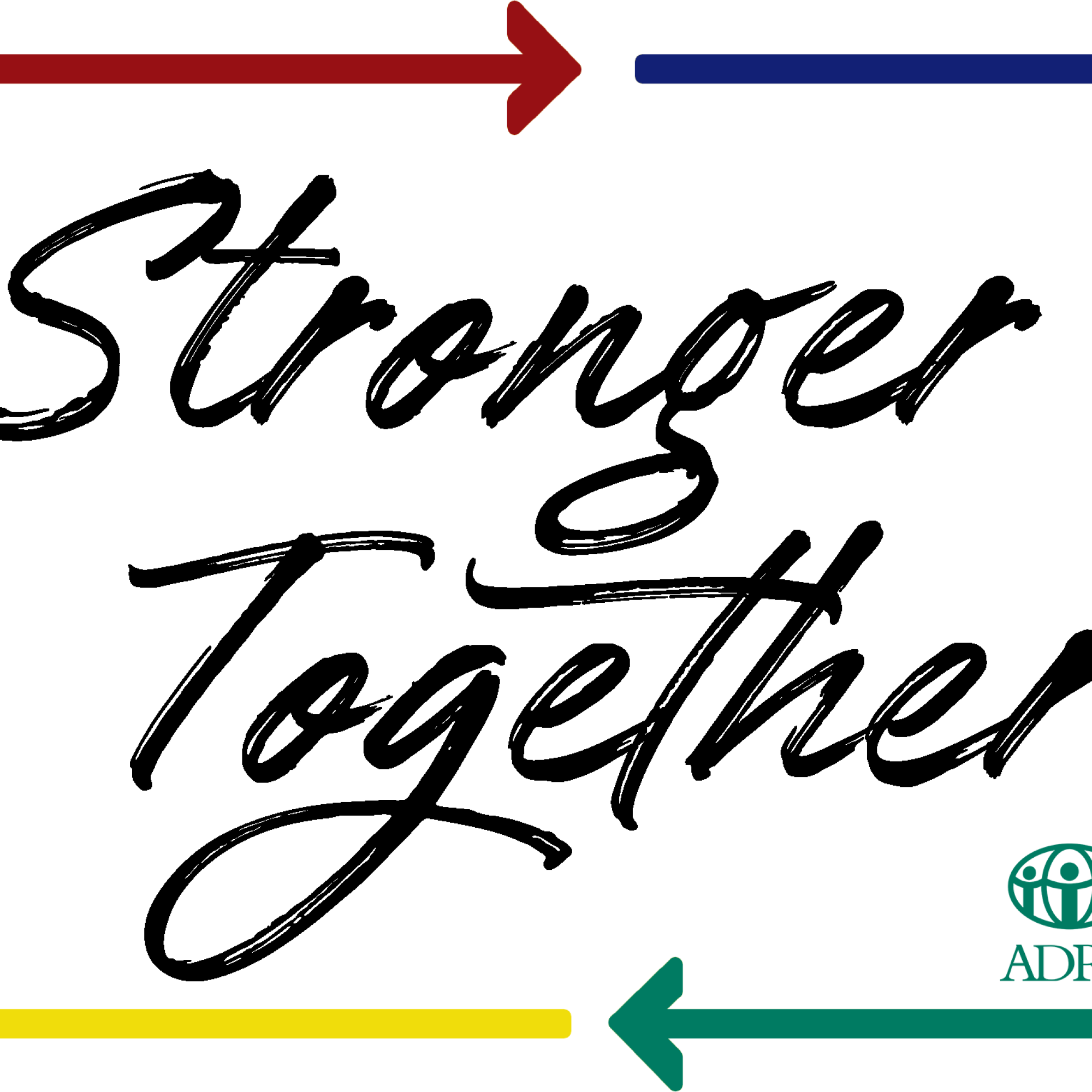
STRONGER TOGETHER (2020)
A 6-month COVID-19 Response, in partnership with the Adventist Church and Institutions in the Philippines.
Stronger Together is ADRA’s partnership with the Adventist Church, the Adventist University of the Philippines, and other Adventist institutions for a continued response to the COVID-19 pandemic. “Stronger Together” is more than just the project’s title, it is a statement of unity where the Adventist Community in the Philippines, as well as donors from around the world, have all contributed to this nationwide COVID-19 response. From August 2020-January 2021, we plan to work with our partners to provide psychosocial support to medical front liners of Adventist and non-Adventist health facilities, provide surgical masks, face shields, alcohol and disinfectants to health facilities, install 45 handwashing facilities with soap in public spaces, and distribute 5,000 coloring books to children educating them on COVID-19.
EMBRACE PROJECT (2017-2020)
A 4-Year Maternity and Child Health Project
in Camarines Sur
funded by Global Affairs Canada
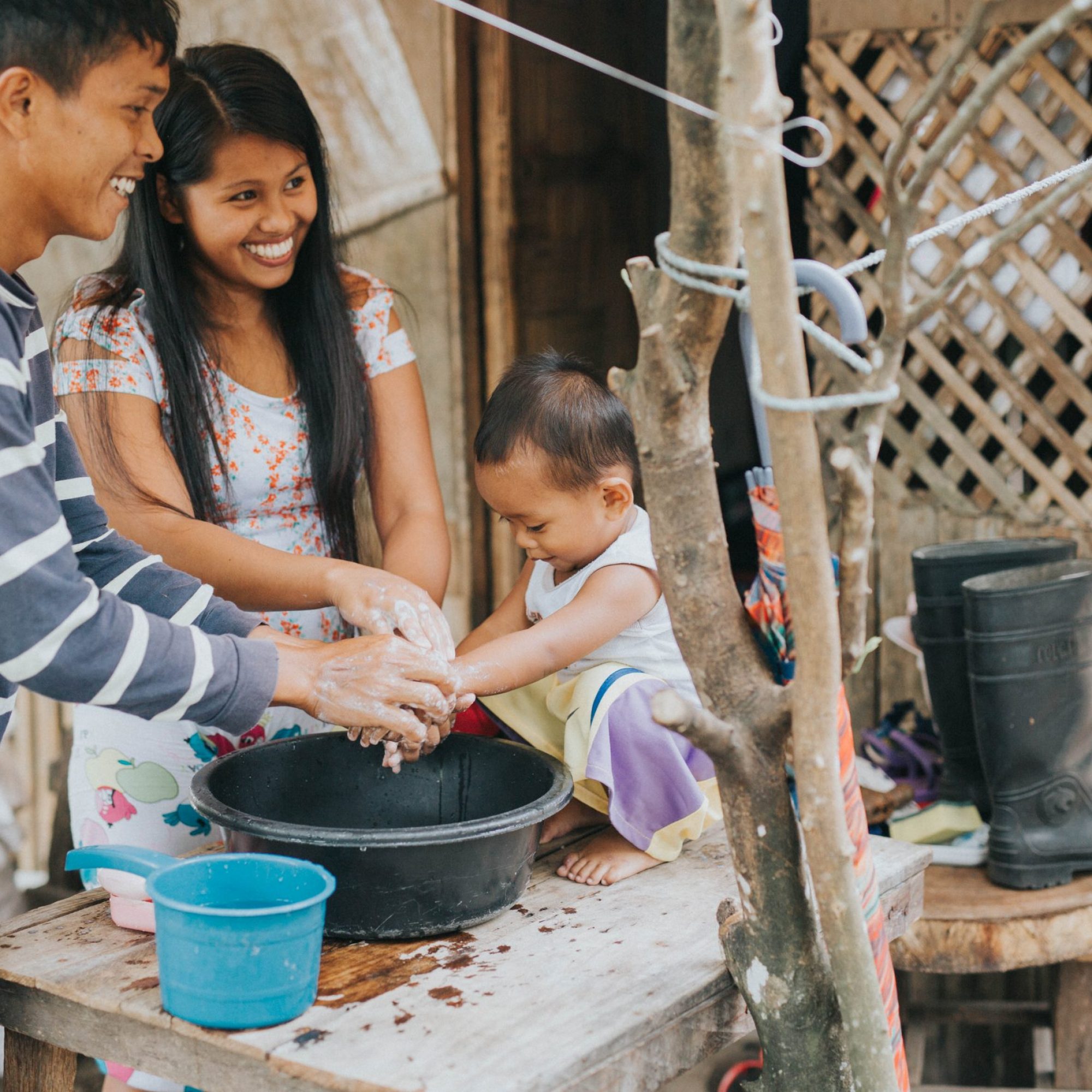
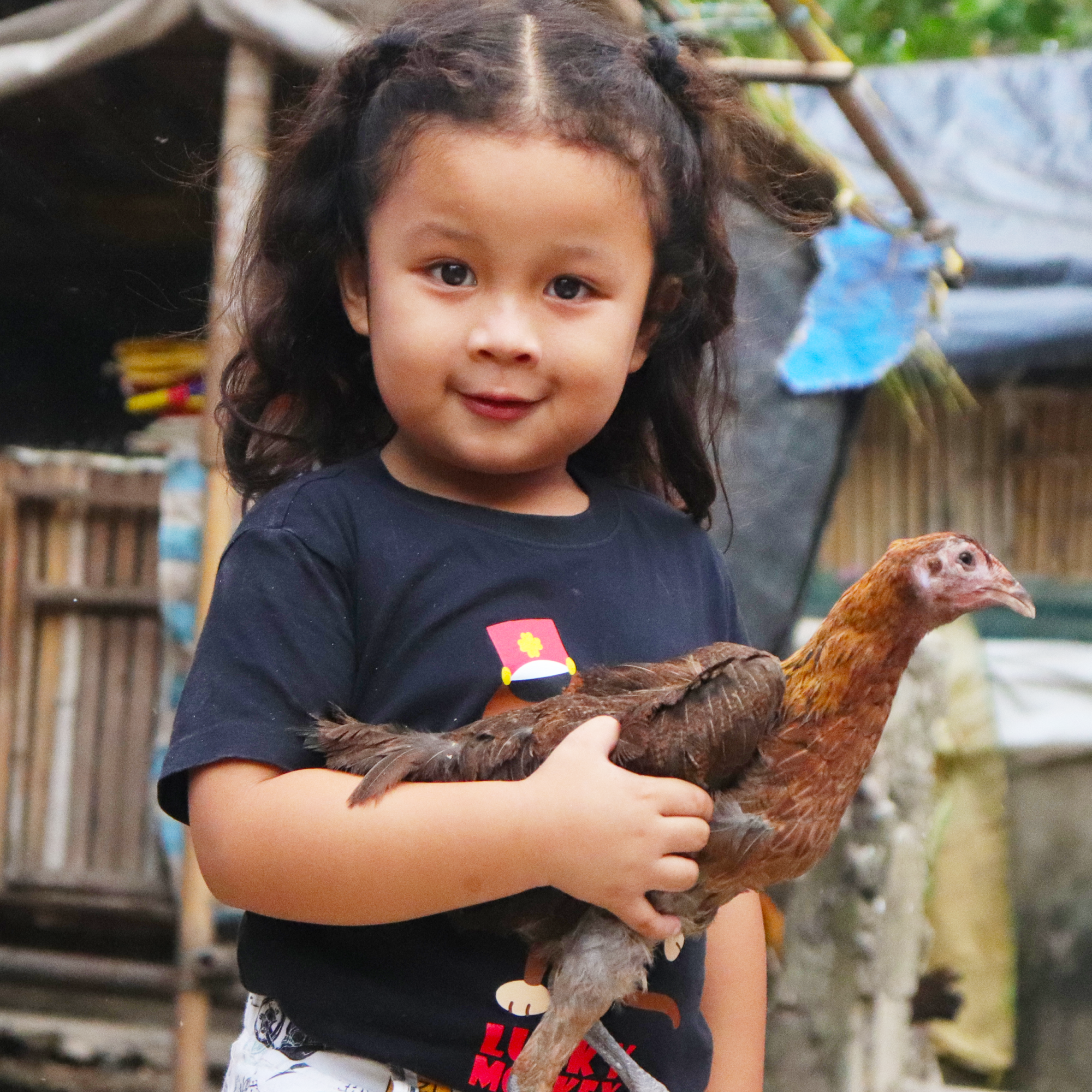
REAP PROJECT (2016-2019)
A 4-Year Livelihood Project
in Iloilo
funded by Global Affairs Canada
MASIGLAHI PROJECT (2016-2018)
A 3-Year Health and Nutrition Project
in Bato, Leyte
funded by Canadian Foodgrains Bank
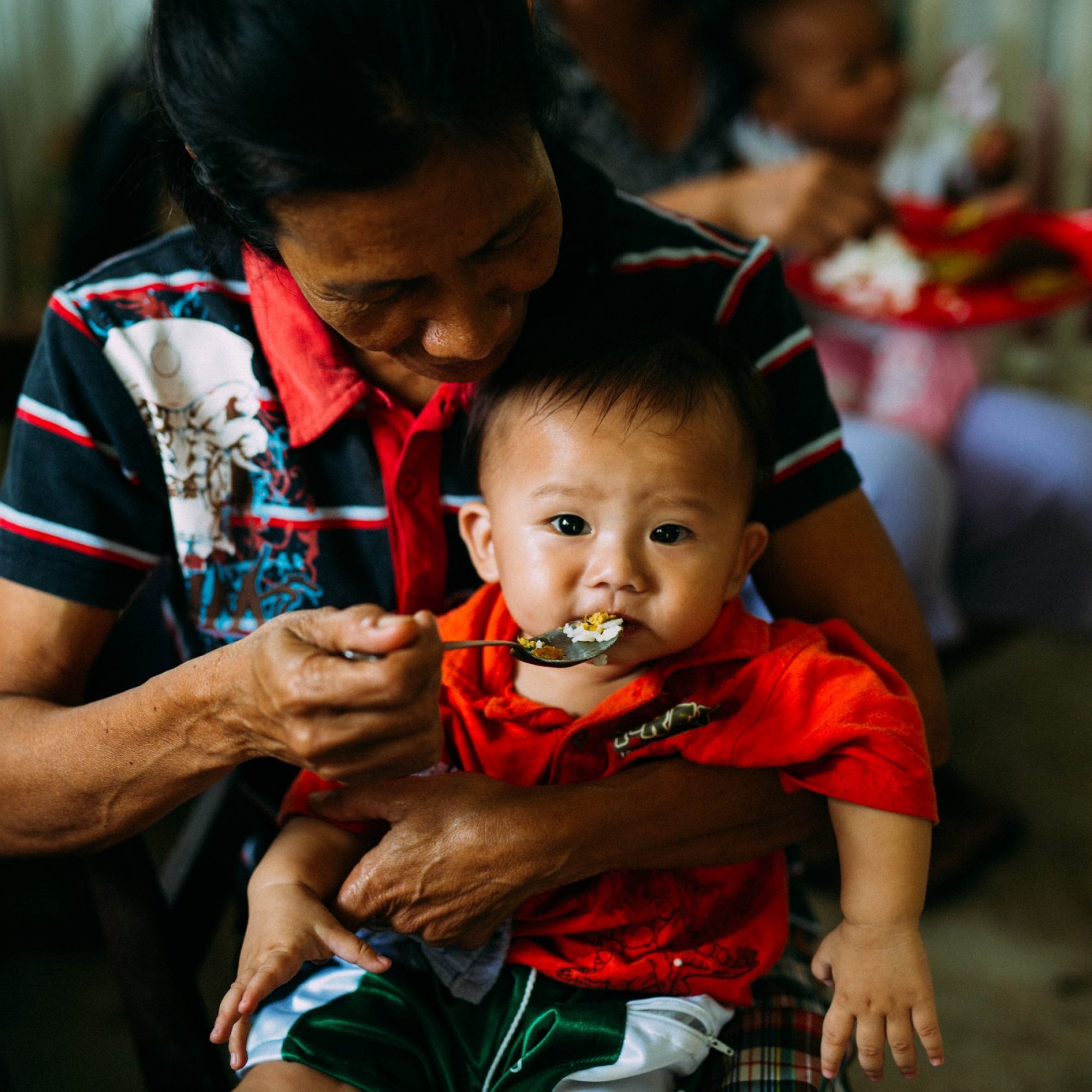
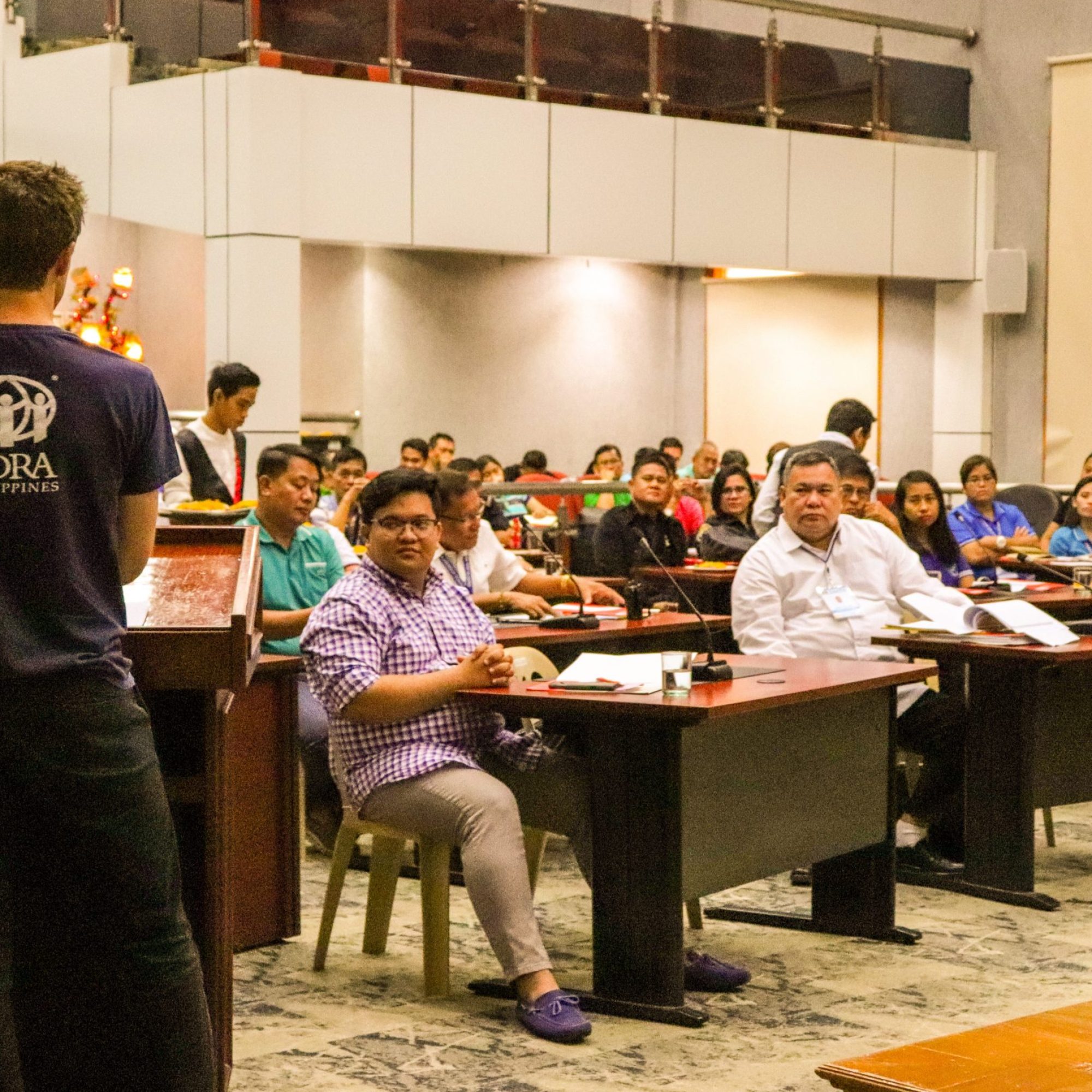
VIPER PROJECT (2017-2018)
A 12-Month Disaster Risk Reduction Project
in Cavite
funded by ADRA Czech Republic and the Humanitarian Leadership Academy (HLA).
BATANG READY (2018)
An 11-Month Disaster Risk Reduction Project
in Iloilo
funded by the Aktion Deutschland Hilft
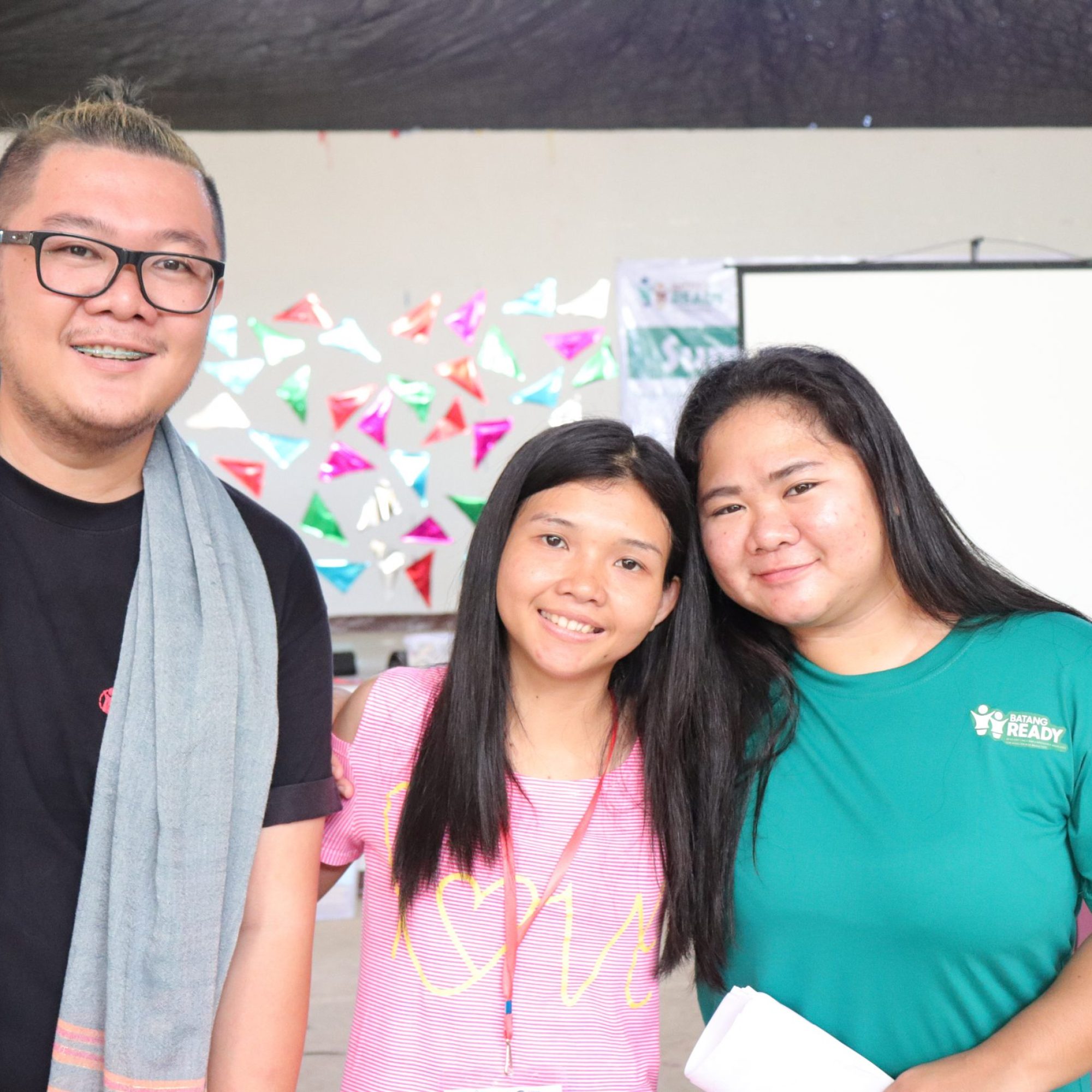
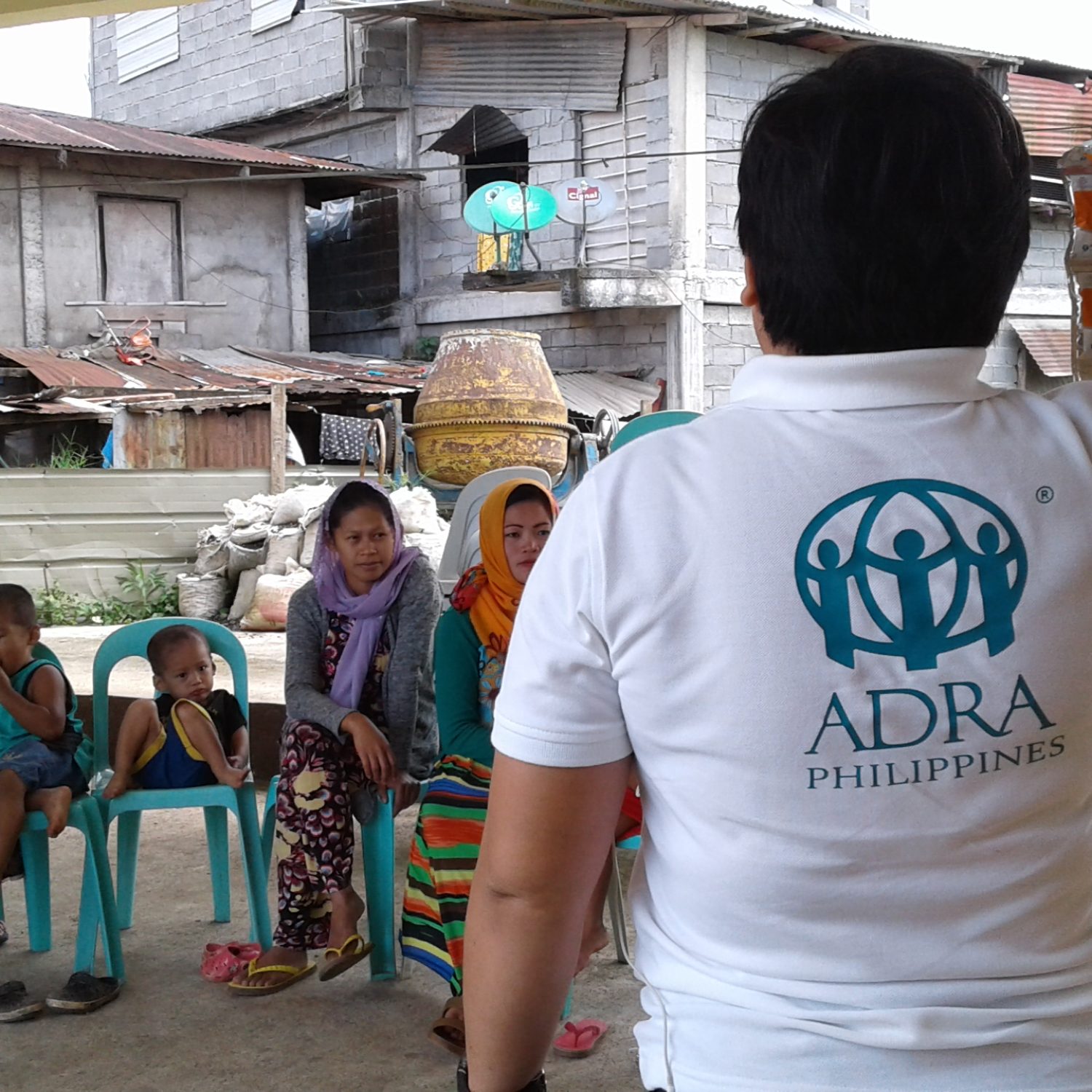
WFP SFP (2018)
A 4.5-Month Nutrition Project
in Lanao del Sur
funded by the World Food Programme

